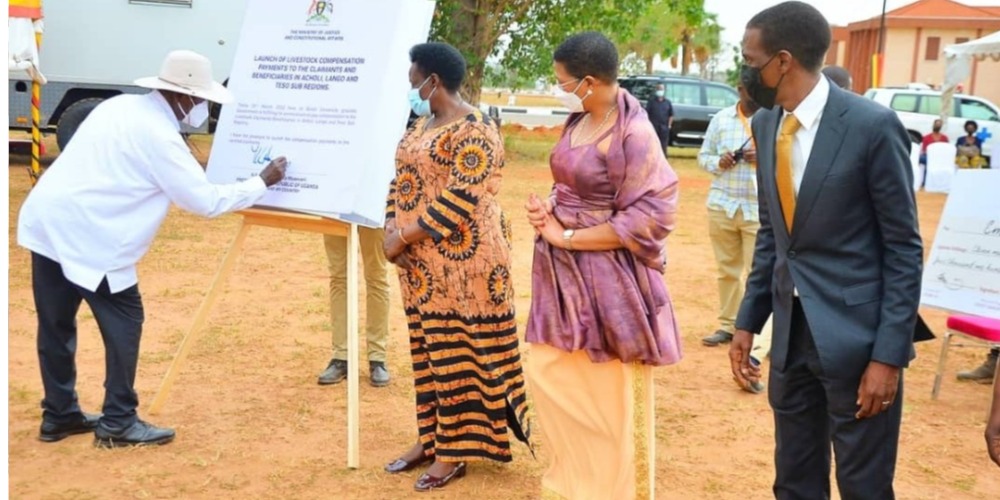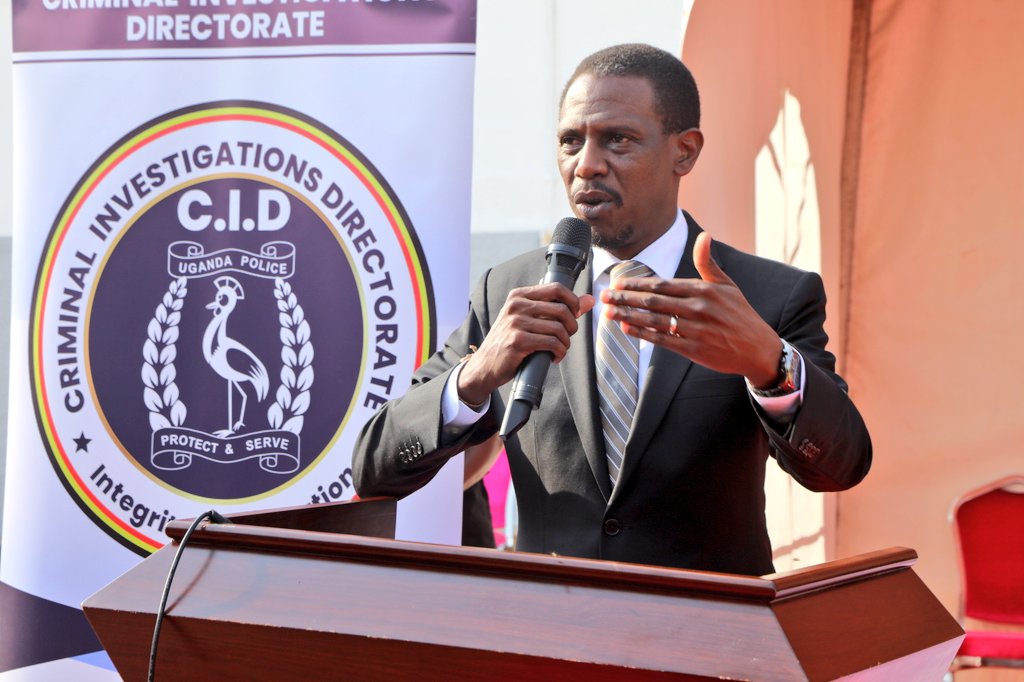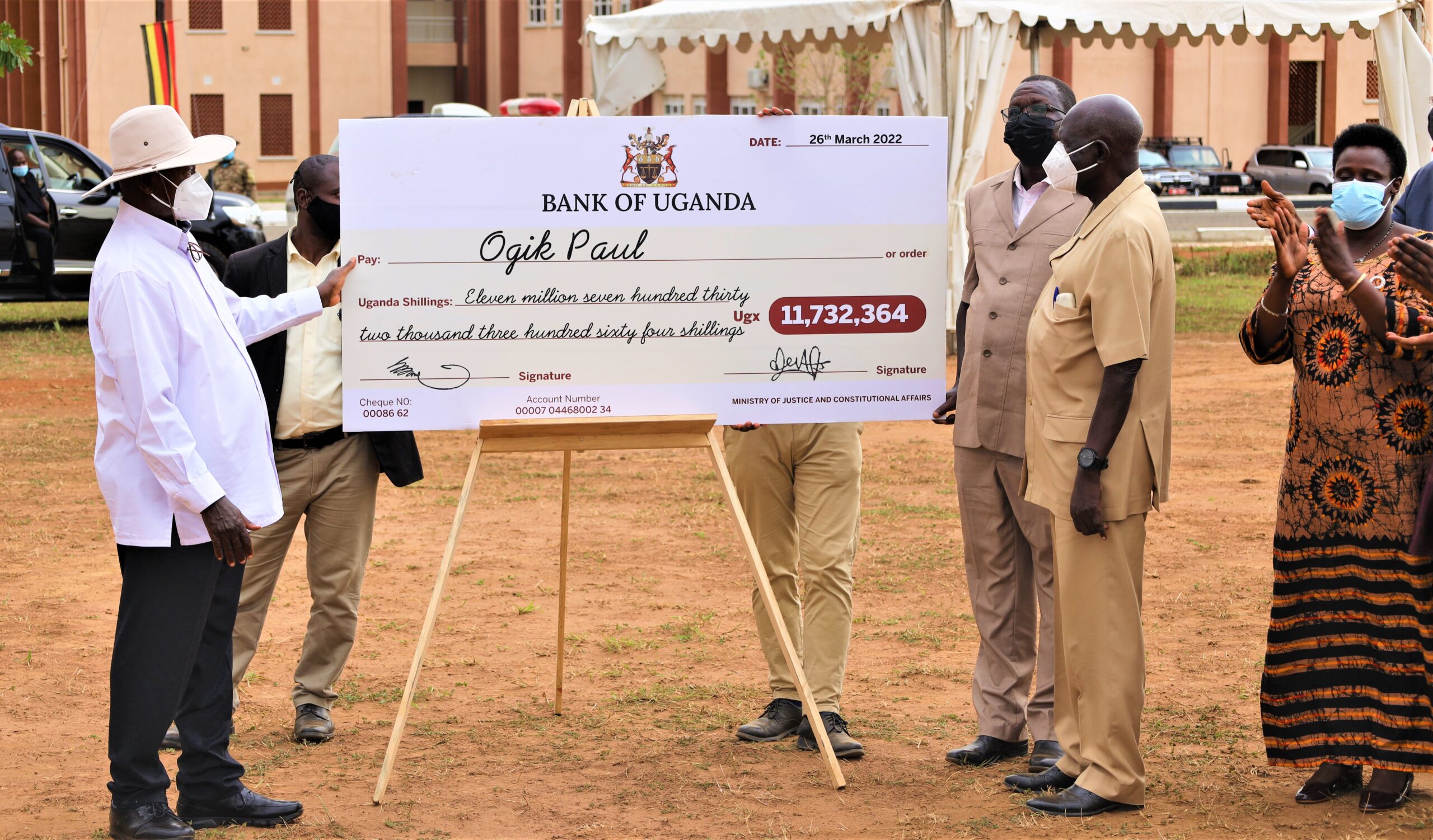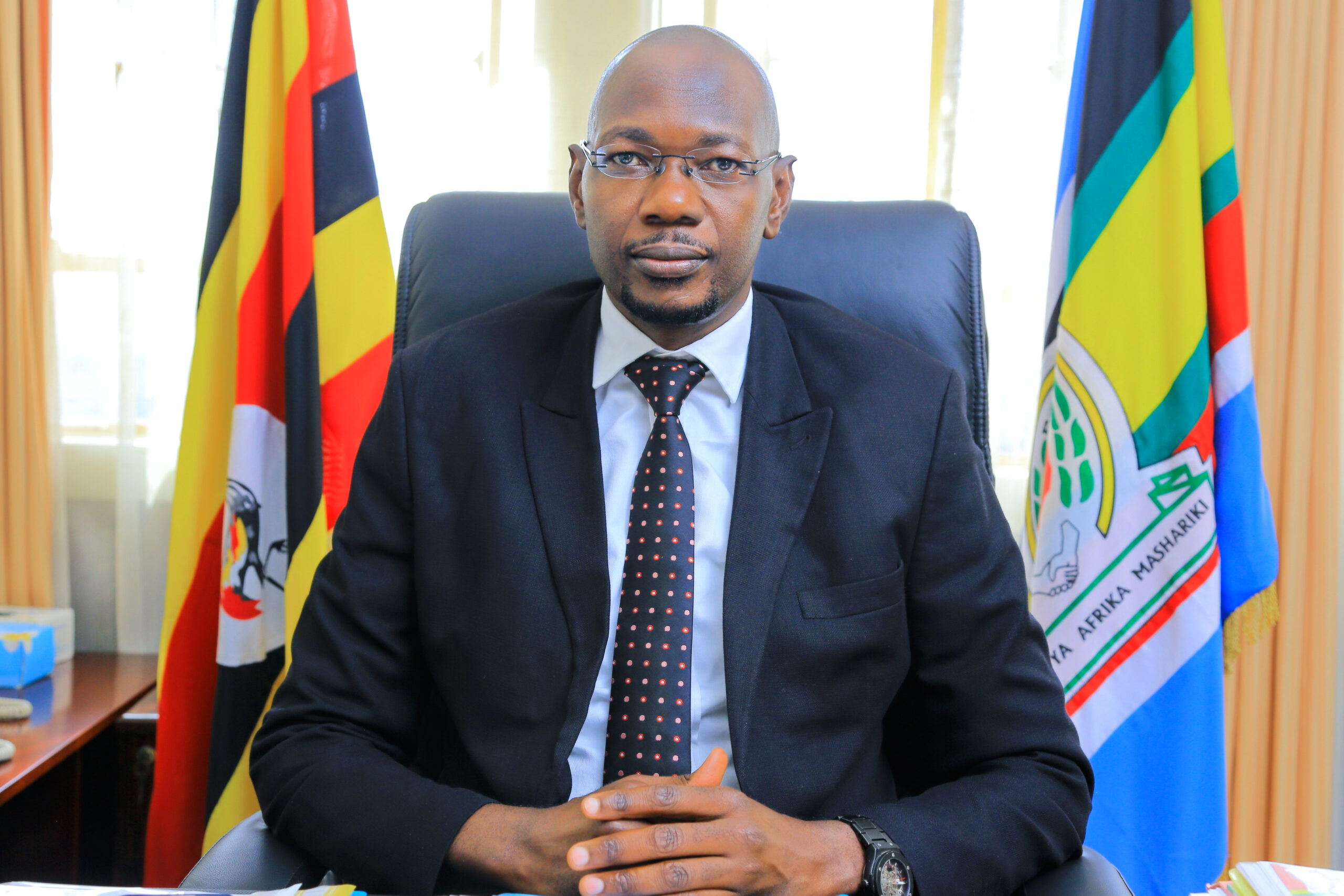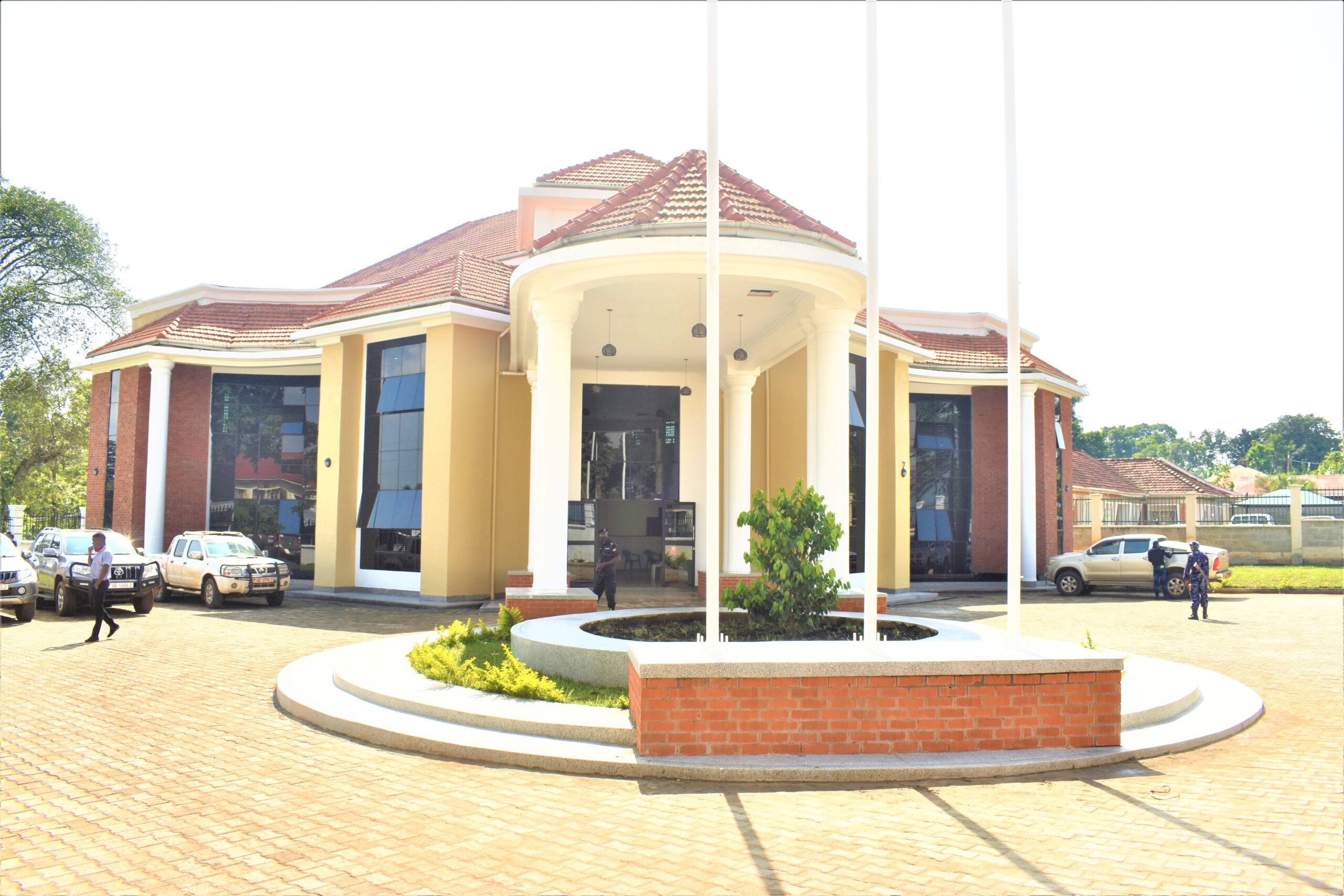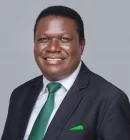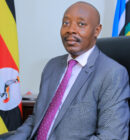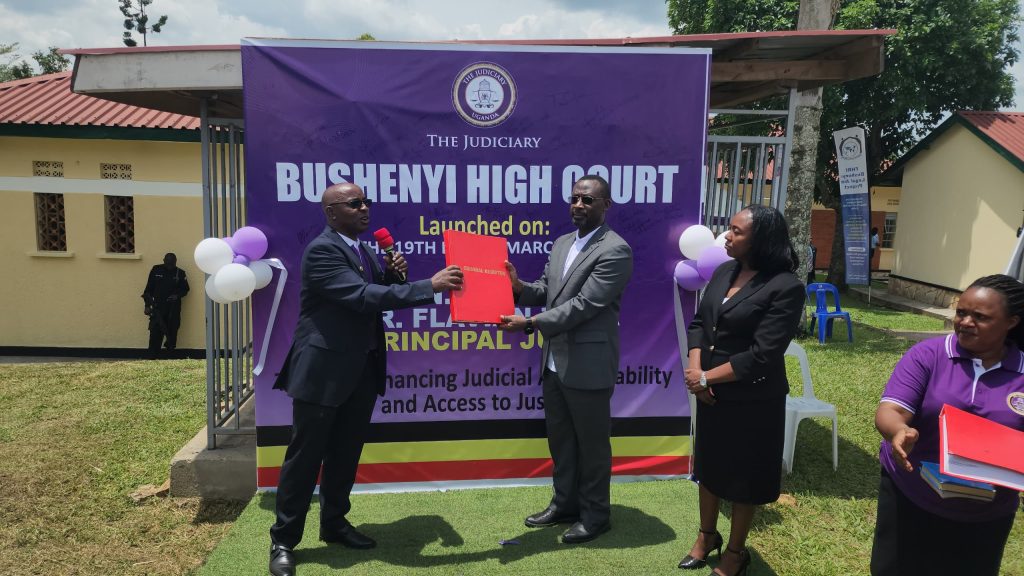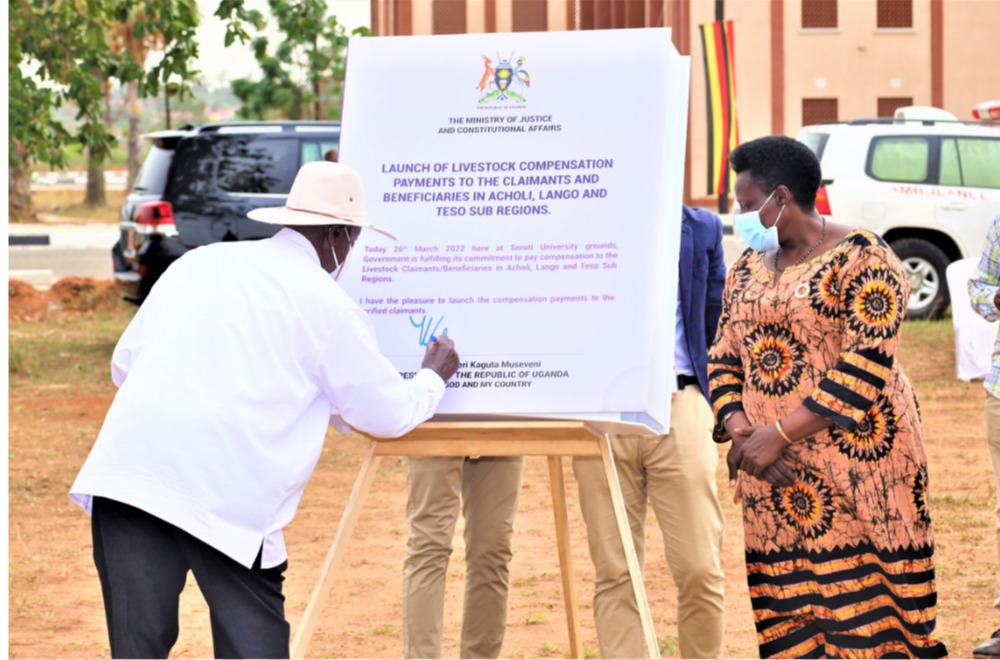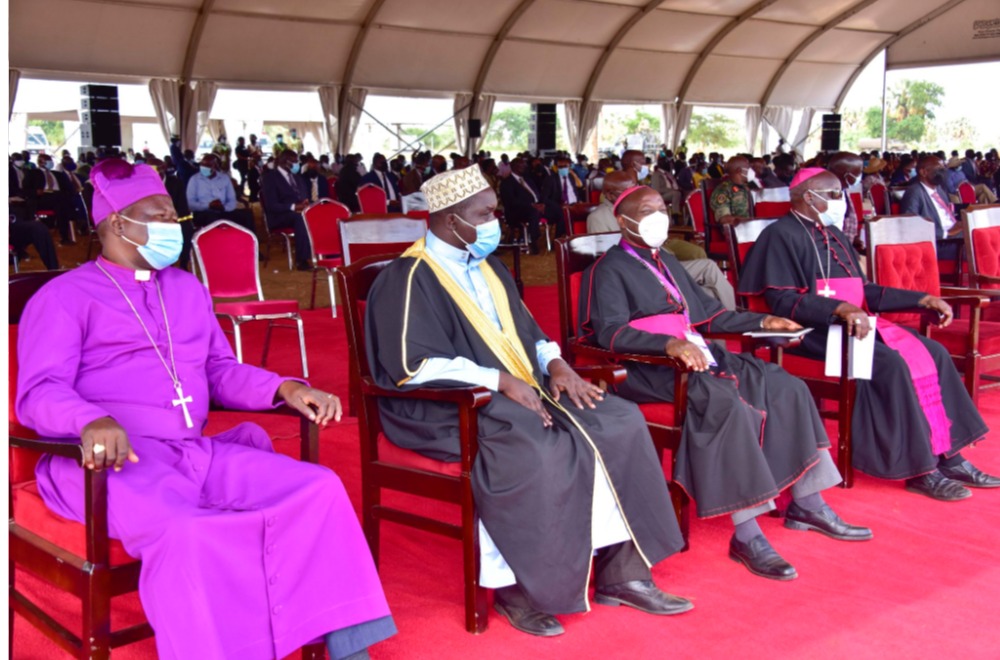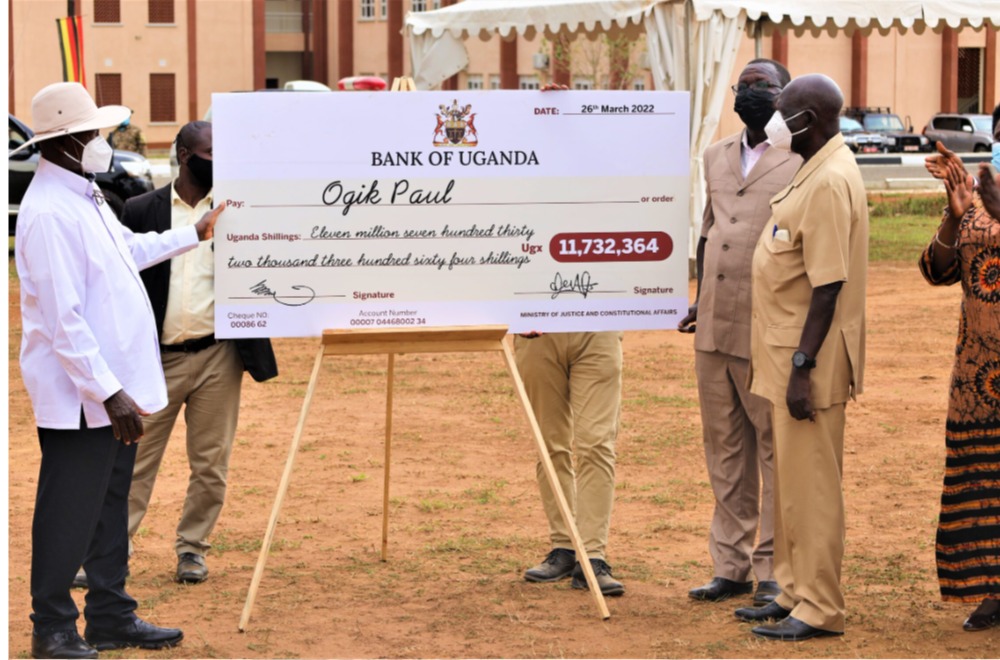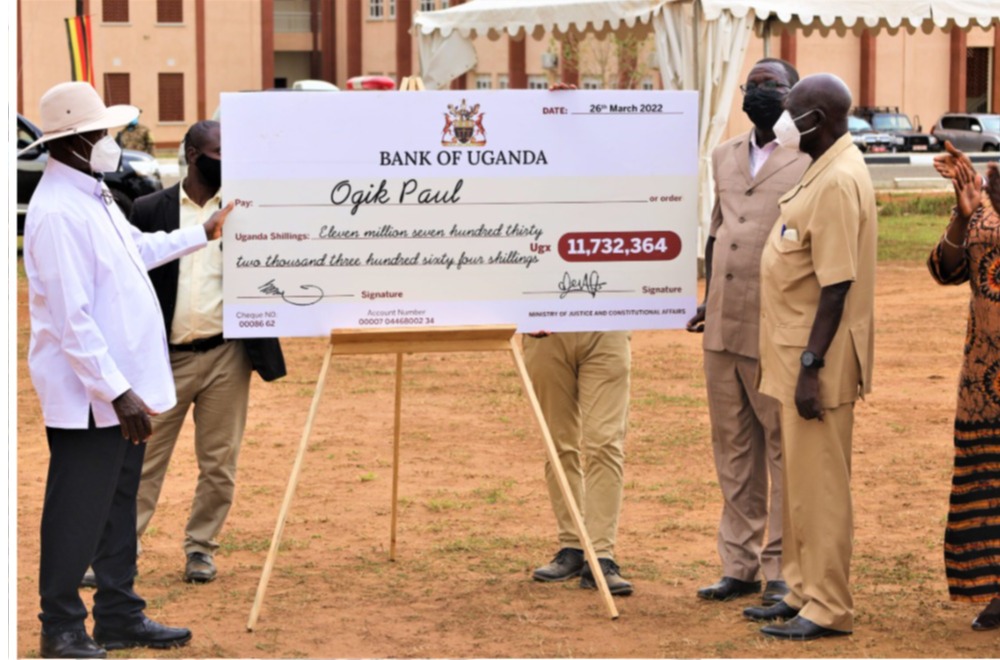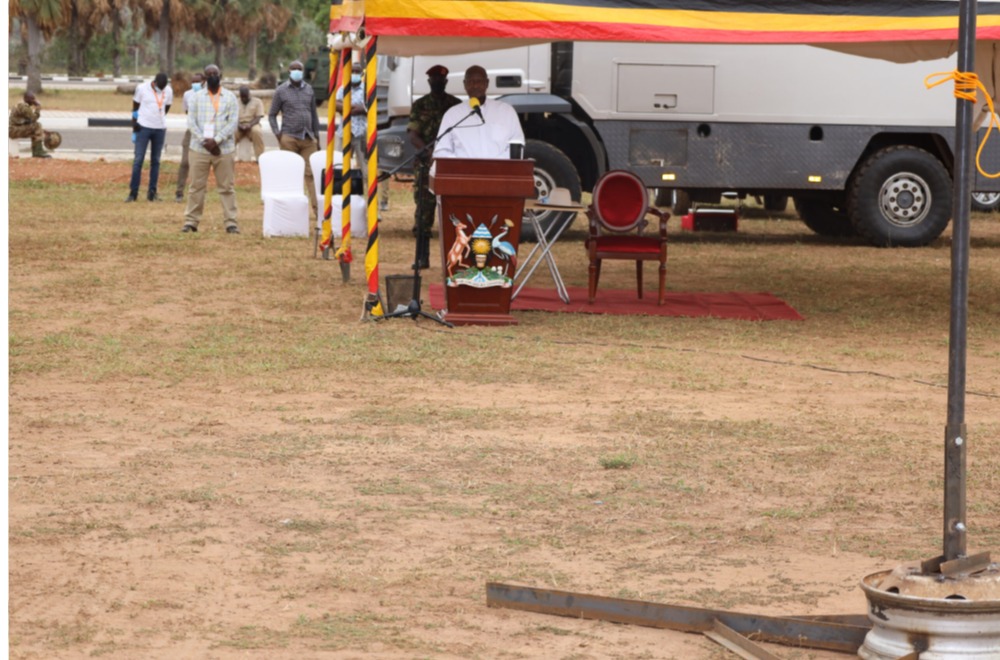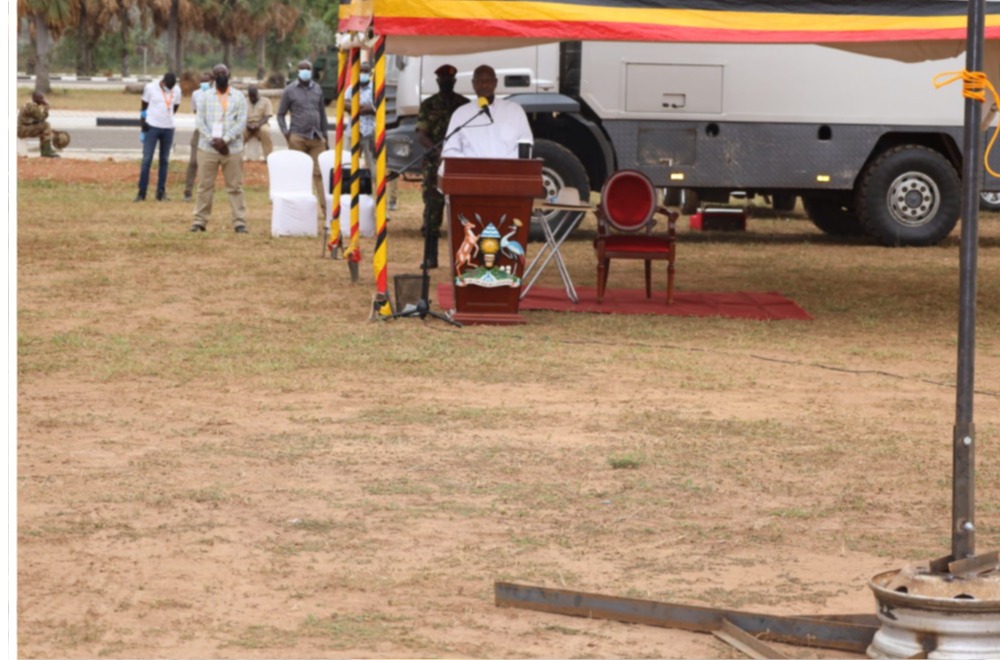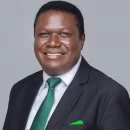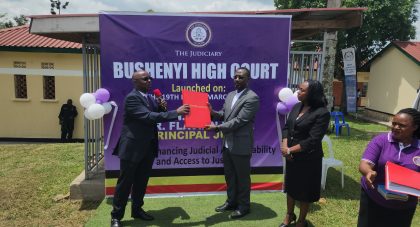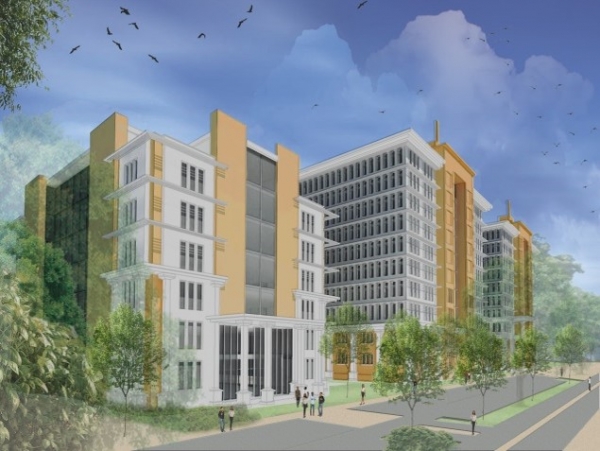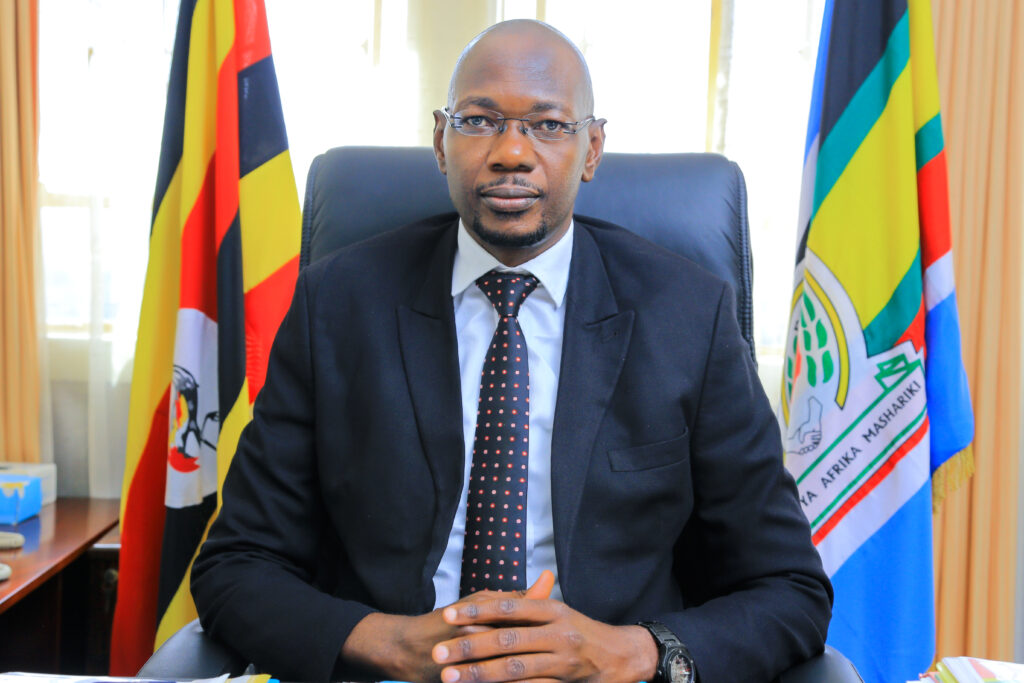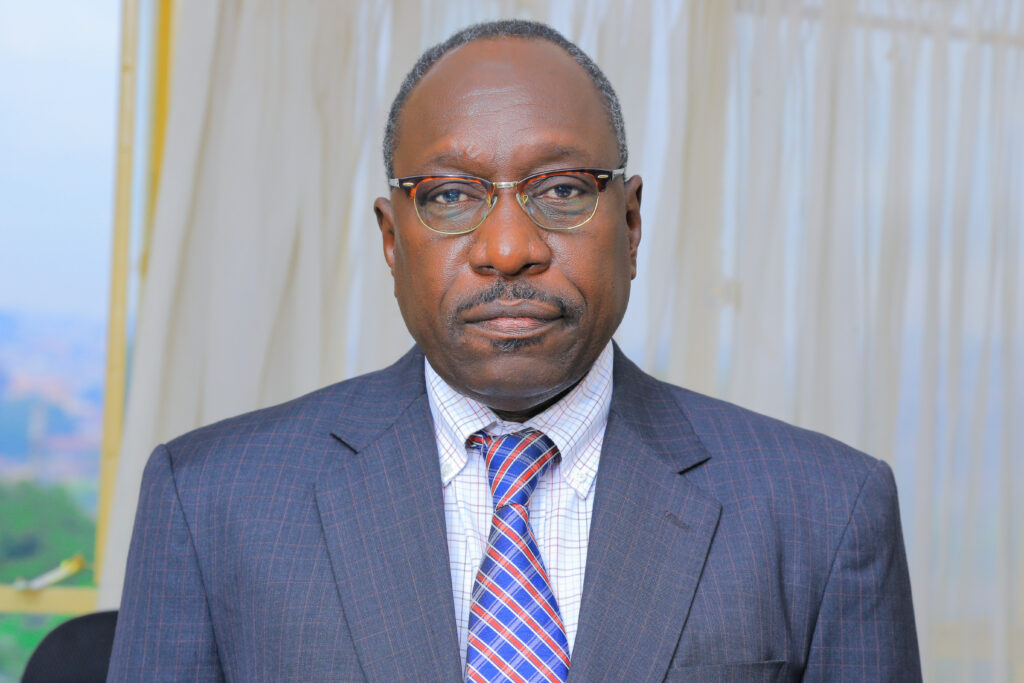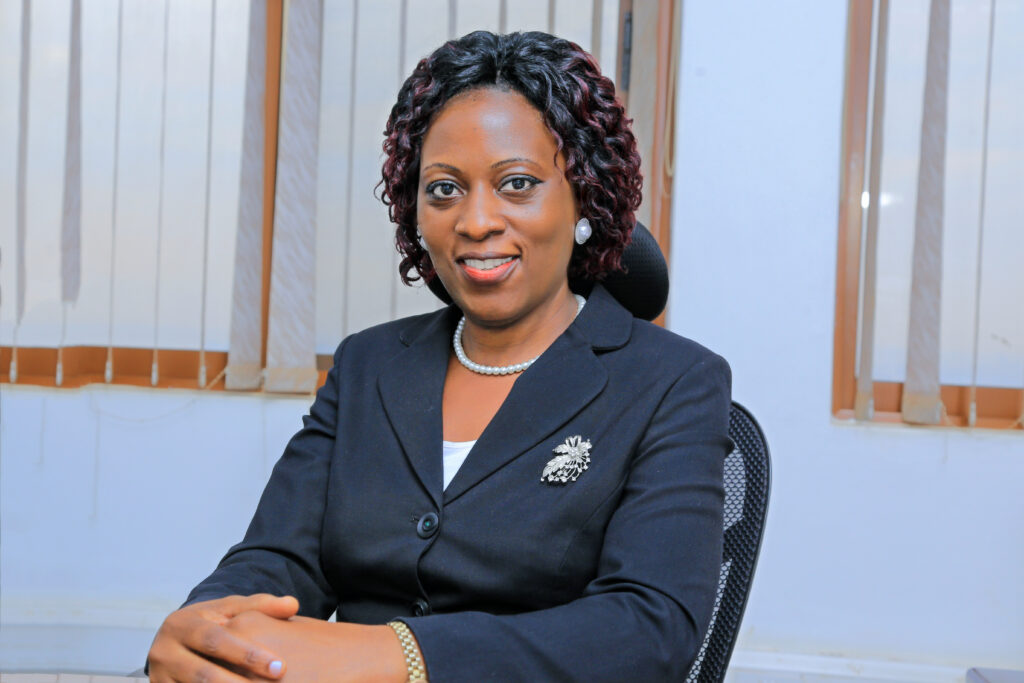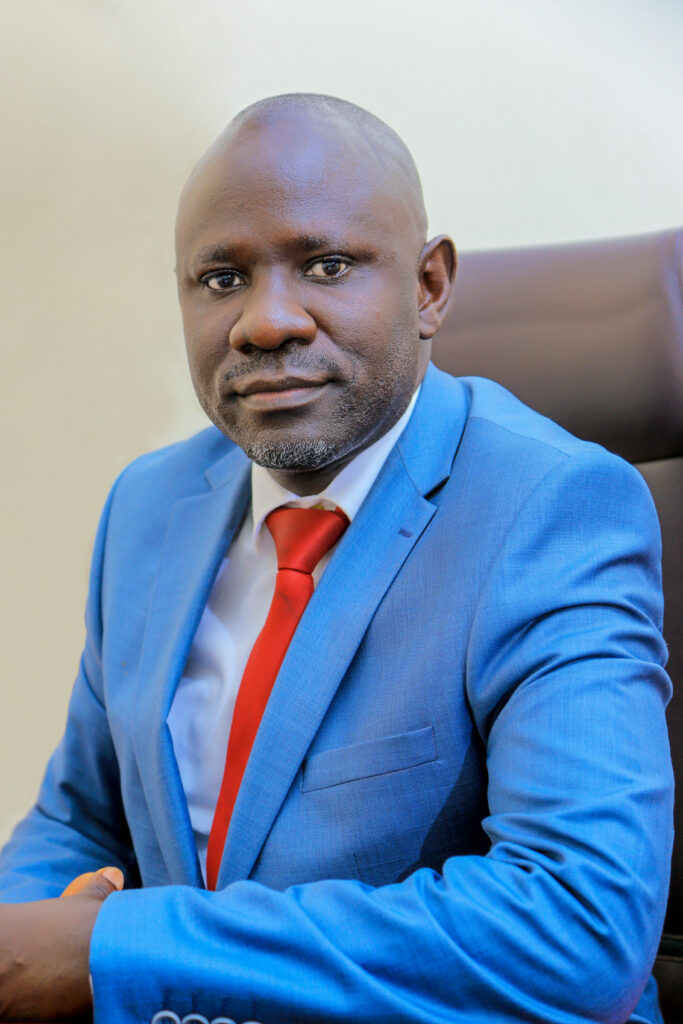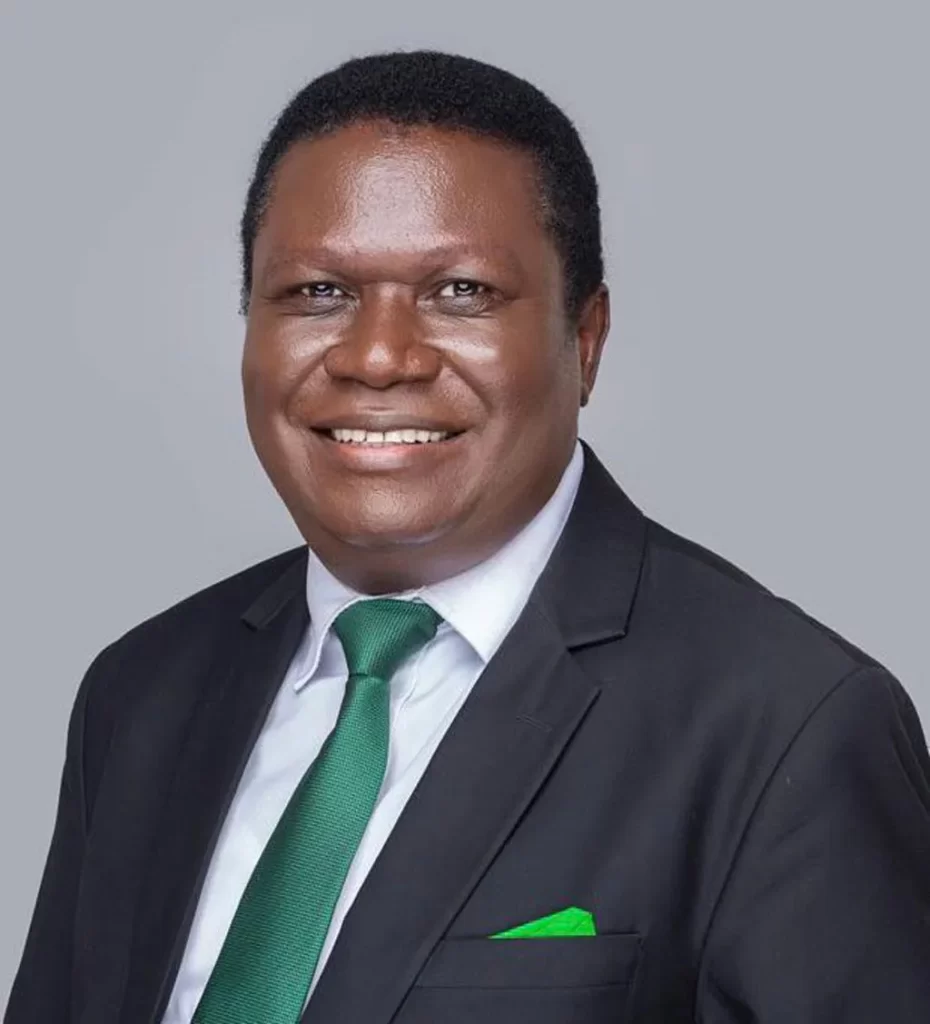This is an example page. It’s different from a blog post because it will stay in one place and will show up in your site navigation (in most themes). Most people start with an About page that introduces them to potential site visitors. It might say something like this:
Hi there! I’m a bike messenger by day, aspiring actor by night, and this is my blog. I live in Los Angeles, have a great dog named Jack, and I like piña coladas. (And gettin’ caught in the rain.)
…or something like this:
The XYZ Doohickey Company was founded in 1971, and has been providing quality doohickeys to the public ever since. Located in Gotham City, XYZ employs over 2,000 people and does all kinds of awesome things for the Gotham community.
As a new WordPress user, you should go to your dashboard to delete this page and create new pages for your content. Have fun!
Hand Over
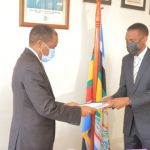
ABOUT US
OUR MISSION
To promote effective and efficient machinery capable of providing a legal framework for good governance and delivery of legal advice and services to Government, its allied institutions and the general public.
OUR MANDATE
Provide legal advice and legal services to Government, its allied institutions and to the general public and to support the machinery that provides the legal framework for good governance.
OUR VISION
A nation that upholds the rule of law, good governance and due process for all.
OUR KEY RESULT AREAS
A culture of constitutionalism and good governance for national prosperity;
An efficient and effective legal framework for legal advice and legal services to Government and Ministries, Departments, Agencies (MDAs) and Local Governments;
Representation of Government, its Ministries, Departments and Agencies (MDAs) and Local Governments bodies in courts of law and Tribunals;
Respect for the rule of law and due process;
Legal protection through civil rights, business enterprises and intellectual property titles;
Judicious management of estates of deceased persons, properties of minors and persons of unsound mind in accordance with the relevant laws;
Fostering professional ethics in legal practice through regulation and control of advocates and supervision of legal aid service providers;
Creation of a professional human capital that is disciplined, loyal, impartial, dedicated, accountable and financially credible to the public;
Collection and management of Government resources with integrity and transparency; and
Well drafted legislation capable of being read and understood by all concerned.
OUR LEADERSHIP
WHAT IS IN THE NEWS
THE LAUNCH OF LIVESTOCK COMPENSATION PAYMENTS TO CLAIMANTS AND BENEFICIARIES IN ACHOLI, LANGO AND TESO SUB REGIONS IN PHOTOS
STATE ATTORNEY, LLC A power of attorney or letter of attorney is a written authorization to represent or act on another’s behalf in private affairs, business, or some other legal matter, sometimes against the wishes of the other. The person authorizing the other to act is the principal, grantor, or donor.
Our Trust & Leadership has Led us this far
Our Mission
Personal attention is a main aspect of each case. Celebration Law, PA has served clients in and around Celebration for over a decade. We are dedicated to our community and are committed to being Celebration’s “hometown attorneys.”
This feature is good for displaying important message to the clients and users.
Get a Free Consultation if you have any question
A State Attorney Association LimitedThe formation of laws themselves may be influenced by a constitution and the rights encoded therein.
The law shapes politics, economics, history and society in various ways and serves as a mediator of relations between people.
Spot Light
Benefits from our Company
This video is about any right to find fault with a man who chooses to enjoy a pleasure that has no annoying consequences, or one who avoids a pain that produces no resultant pleasure.Free Initial Consultation

Personal attention is a main aspect of how we handle each case. When you approach us, our partners will meet with you personally for a complimentary consultation. We will take the time to map out each of the steps of your case and keep you up-to-date on the status of your case at all times. Our partners personally oversee each case and will remain available at all times to answer any questions you may have.
- We Plan
- We Study
- We Analyse
- We Speak
- We Win
Awards Achieved
 Nunc euismod nibh sit amet justo porta, at blandit metus bibendum. Nunc pharetra justo sed nulla imperdiet, quis adipiscing turpis bibendum. Nulla venenatis vehicula augue. Praesent vulputate ipsum assumenda est, omnis dolor repellendus. Cum sociis natoque penatibus duis sunon et magnis dis. Cum sociis natoqu vel consectetur tincidunt. Aliquam egestas, velit malesuada sagittis iaculis, tortor erat vestibulum velit, eu malesuada assumenda est, omnis dolor repellendus. Cum sociis natoque penatibus duis sunon et magnis dis. Cum sociis natoqu metus lorem a metus.
Nunc euismod nibh sit amet justo porta, at blandit metus bibendum. Nunc pharetra justo sed nulla imperdiet, quis adipiscing turpis bibendum. Nulla venenatis vehicula augue. Praesent vulputate ipsum assumenda est, omnis dolor repellendus. Cum sociis natoque penatibus duis sunon et magnis dis. Cum sociis natoqu vel consectetur tincidunt. Aliquam egestas, velit malesuada sagittis iaculis, tortor erat vestibulum velit, eu malesuada assumenda est, omnis dolor repellendus. Cum sociis natoque penatibus duis sunon et magnis dis. Cum sociis natoqu metus lorem a metus.Expert Attorneys
 Nunc euismod nibh sit amet justo porta, at blandit metus bibendum. Nunc pharetra justo sed nulla imperdiet, quis adipiscing turpis bibendum. Nulla venenatis vehicula augue. Praesent vulputate ipsum assumenda est, omnis dolor repellendus. Cum sociis natoque penatibus duis sunon et magnis dis. Cum sociis natoqu vel consectetur tincidunt. Aliquam egestas, velit malesuada sagittis iaculis, tortor erat vestibulum velit, eu malesuada assumenda est, omnis dolor repellendus. Cum sociis natoque penatibus duis sunon et magnis dis. Cum sociis natoqu metus lorem a metus.
Nunc euismod nibh sit amet justo porta, at blandit metus bibendum. Nunc pharetra justo sed nulla imperdiet, quis adipiscing turpis bibendum. Nulla venenatis vehicula augue. Praesent vulputate ipsum assumenda est, omnis dolor repellendus. Cum sociis natoque penatibus duis sunon et magnis dis. Cum sociis natoqu vel consectetur tincidunt. Aliquam egestas, velit malesuada sagittis iaculis, tortor erat vestibulum velit, eu malesuada assumenda est, omnis dolor repellendus. Cum sociis natoque penatibus duis sunon et magnis dis. Cum sociis natoqu metus lorem a metus.Law is Our Policy
 Nunc euismod nibh sit amet justo porta, at blandit metus bibendum. Nunc pharetra justo sed nulla imperdiet, quis adipiscing turpis bibendum. Nulla venenatis vehicula augue. Praesent vulputate ipsum assumenda est, omnis dolor repellendus. Cum sociis natoque penatibus duis sunon et magnis dis. Cum sociis natoqu vel consectetur tincidunt. Aliquam egestas, velit malesuada sagittis iaculis, tortor erat vestibulum velit, eu malesuada assumenda est, omnis dolor repellendus. Cum sociis natoque penatibus duis sunon et magnis dis. Cum sociis natoqu metus lorem a metus.
Nunc euismod nibh sit amet justo porta, at blandit metus bibendum. Nunc pharetra justo sed nulla imperdiet, quis adipiscing turpis bibendum. Nulla venenatis vehicula augue. Praesent vulputate ipsum assumenda est, omnis dolor repellendus. Cum sociis natoque penatibus duis sunon et magnis dis. Cum sociis natoqu vel consectetur tincidunt. Aliquam egestas, velit malesuada sagittis iaculis, tortor erat vestibulum velit, eu malesuada assumenda est, omnis dolor repellendus. Cum sociis natoque penatibus duis sunon et magnis dis. Cum sociis natoqu metus lorem a metus.Get a Consultation Request
Searching for the right lawyer to represent you? Look no further than Celebration Law, PA. We have nearly a century of collective experience and are dedicated to supporting and improving the local community. Our partners have resided in Celebration for more than 10 years and have been involved in the community since day one. Today, we strive to provide the absolute best level of service and lawyering available for every client.Spot Light
Testimonials
A general distinction can be made between civil law jurisdictions, in which the legislature or other central body codifies and consolidates their laws, terms and conditions.
But who has any right to find fault with a man who chooses to enjoy a pleasure that has no annoying consequences, or one who avoids a pain that produces no resultant pleasure.
Celebration Law, PA has served clients in and around Celebration for over a decade. We are dedicated to our community and are committed to being Celebration’s “hometown attorneys.”
Worker's Compensation Defense
Since every employee, by definition, must work for some employer, when there is a dispute over the benefits or the injury itself, these two primary entities find themselves in conflict within the system. These controversies are thereafter resolved through either negotiation or trial, and the practice of representing the employer side is referred to as workers’ compensation employer defense.
- Workers’ compensation – Representing employees who have been injured on the job.
- Personal injury – Representing people who have been injured due to the careless or reckless acts of other individuals or parties.
- Workplace discrimination – Representing people who have experienced discrimination or harassment at work.
Since every employee, by definition, must work for some employer, when there is a dispute over the benefits or the injury itself, these two primary entities find themselves in conflict within the system.
Contact our State Attorney Law Firm with your questions, comments or concerns.
Volunteer Firefighters and Ambulance Workers
Individual and group personal accident policies can be extended to cover medical expenses incurred in the treatment of an accident covered under the policy, subject to a limit of 10% of the sum insured or 40% of the death / disability compensation claim payable, on payment of additional premium.
The policy issued to Indian personnel working in foreign countries on civilian duty can be extended to cover War risk on payment of additional premium. The policy can also be restricted to cover Personal Accident risk during duty hours only or during off-duty hours only with discount in premium. It is also possible to issue group P.A. policy excluding the death benefit subject to a group life policy covering death benefit being taken for the same group of persons for the same policy period. Any adult residing in India can take the policy covering himself / herself and dependent family members between the ages of 5 and 70yrs.
Subrogation and Arbitration
The doctrine of subrogation can also pass proprietary rights such as a security interest or claim to ownership of goods. If a work of art is stolen, and the insurance company pays out under a policy of insurance to the owner and the art is later recovered, the art will belong to the insurance company under rights of subrogation.
In each case, the basic premise is that where one person (i.e. typically an insurer or a guarantor) makes a payment on an obligation which is the primary responsibility of another party, the person making the payment is subrogated to the claims of the person to whom they made the payment with respect to any claims or remedies which are exercisable against the primarily responsible party.
Contact our State Attorney Law Firm with your questions, comments or concerns.
Liability and Third-Party Defense
In many areas where subrogation arises as a matter of law, subrogation may be limited under the terms of the relevant contract. For example, in a contract of guarantee, the guarantee will often provide that the guarantor waives the right of subrogation or agrees not to exercise it unless the bank has been paid in full. In an insurance contract, in addition to right of subrogation at law, there will often be a right of subrogation bolstered by the insured party's agreement that the party will provide all necessary assistance to the insurance company in pursuing any subrogated claims.
In many areas where subrogation arises as a matter of law, subrogation may be limited under the terms of the relevant contract. For example, in a contract of guarantee, the guarantee will often provide that the guarantor waives the right of subrogation or agrees not to exercise it unless the bank has been paid in full.
Contact our State Attorney Law Firm with your questions, comments or concerns.
Our Stats – Over these Years
Cases Completed
Law Services
Attorneys
Case Studies
Due to the holiday season our office is closed from December 24th, 2014 up to and including January 4th, 2015.
Phone: +22 004 324 1124
Fax: +22 004 324 1124
58, Thomson Street, Edison Avenue, Baltimore, USA
Email: statelaw@somemail.com
Working Hours
Check out our work timings
Monday : 0900 - 1700hrs
Tuesday : 0900 - 1700hrs
Wednesday : 0900 - 1700hrs
Thursday : 0900 - 1700hrs
Friday : 0900 - 1700hrs
Saturday : 0900 - 1300hrs
Sunday : 0900 - 1300hrs
We’d Like to Hear From You!
Heading Styles
Lorem Ipsum
Lorem Ipsum
This is Heading Title1
This is Heading Title2
This is Heading Title3
This is Heading Title4
This is Heading Title5
This is Heading Title6
This is Heading Title1
This is Heading Title2
This is Heading Title3
This is Heading Title4
This is Heading Title5
This is Heading Title6
This is Heading Title1
This is Heading Title2
This is Heading Title3
This is Heading Title4
This is Heading Title5
This is Heading Title6
This is Heading Title1
This is Heading Title2
This is Heading Title3
This is Heading Title4
This is Heading Title5
This is Heading Title6
I am a Title
I am a Title
I am a Title
Table
| Header1 | Header2 | Header3 | Header4 | Header5 |
|---|---|---|---|---|
| Division1 | Division2 | Division3 | Division4 | Division5 |
| Division1 | Division2 | Division3 | Division4 | Division5 |
| Division1 | Division2 | Division3 | Division4 | Division5 |
| Division1 | Division2 | Division3 | Division4 | Division5 |
| Header1 | Header2 | Header3 | Header4 |
|---|---|---|---|
| Division1 | Division2 | Division3 | Division4 |
| Division1 | Division2 | Division3 | Division4 |
| Division1 | Division2 | Division3 | Division4 |
| Division1 | Division2 | Division3 | Division4 |
Buttons with Icon
Buttons with Border
Simple Button
THE DEPARTMENT OF LAW COUNCIL
Director Law Council
Titled Boxes
Default Titled Box
An employer who requires or permits an employee to work overtime is generally required to pay the employee premium pay for such overtime work. Extra pay for working weekends or nights is a matter of agreement.
Blue Titled Box
Employment discrimination law refers to federal and state laws that prohibit employers from treating workers differently based on certain attributes unrelated to job performance. It violates constitutional guarantee.
Gold Titled Box
Employment discrimination law refers to federal and state laws that prohibit employers from treating workers differently based on certain attributes unrelated to job performance. It violates constitutional guarantee.
Brown Titled Box
Employment discrimination law refers to federal and state laws that prohibit employers from treating workers differently based on certain attributes unrelated to job performance. It violates constitutional guarantee.
Notification Boxes
This is error box with link
This is warning box with link
This is info box with link
This is success box with link
Colored Box I
Our Mission
Personal attention is a main aspect of each case. Celebration Law, PA has served clients in and around Celebration for over a decade. We are dedicated to our community and are committed to being Celebration’s “hometown attorneys.”
This feature is good for displaying important message to the clients and users.
Colored Box II
Our Mission
Personal attention is a main aspect of each case. Celebration Law, PA has served clients in and around Celebration for over a decade. We are dedicated to our community and are committed to being Celebration’s “hometown attorneys.”
This feature is good for displaying important message to the clients and users.
Icon Boxes I
Employment Law
Anything Related to EmploymentLabour law mediates the relationship between workers, employers, trade unions and the government. Collective labour law relates to the tripartite relationship between employee, employer and union.
Discrimination
Discriminations should endLabour law mediates the relationship between workers, employers, trade unions and the government. Collective labour law relates to the tripartite relationship between employee, employer and union.
Flsa Overtime
Need to evaluate your standardLabour law mediates the relationship between workers, employers, trade unions and the government. Collective labour law relates to the tripartite relationship between employee, employer and union.
Retaliation
Stop before it causes a big troubleLabour law mediates the relationship between workers, employers, trade unions and the government. Collective labour law relates to the tripartite relationship between employee, employer and union.
Icon Boxes II
Icon Boxes III
Icon Boxes IV
Ordered Lists
- This is a list style line one
- This is a list style line two
- This is a list style line three
- This is a list style line four
- This is a list style line one
- This is a list style line two
- This is a list style line three
- This is a list style line four
- This is a list style line one
- This is a list style line two
- This is a list style line three
- This is a list style line four
- This is a list style line one
- This is a list style line two
- This is a list style line three
- This is a list style line four
- This is a list style line one
- This is a list style line two
- This is a list style line three
- This is a list style line four
- This is a list style line one
- This is a list style line two
- This is a list style line three
- This is a list style line four
Unordered Lists
- This is a list style line one
- This is a list style line two
- This is a list style line three
- This is a list style line four
- This is a list style line one
- This is a list style line two
- This is a list style line three
- This is a list style line four
- This is a list style line one
- This is a list style line two
- This is a list style line three
- This is a list style line four
- This is a list style line one
- This is a list style line two
- This is a list style line three
- This is a list style line four
- This is a list style line one
- This is a list style line two
- This is a list style line three
- This is a list style line four
- This is a list style line one
- This is a list style line two
- This is a list style line three
- This is a list style line four
- This is a list style line one
- This is a list style line two
- This is a list style line three
- This is a list style line four
- This is a list style line one
- This is a list style line two
- This is a list style line three
- This is a list style line four
Pricing Table I
Standard
- 10 Projects
- 100GB Storage
- No Time Tracking
- Enhanced Security
- Junior Attorneys
Premium
- 15 Projects
- 200GB Storage
- No Time Tracking
- Enhanced Security
- Junior Attorneys
Ultimate
- 20 Projects
- 300GB Storage
- No Time Tracking
- Enhanced Security
- Junior Attorneys
Pricing Table II
Standard
- 10 Projects
- 100GB Storage
- No Time Tracking
- Enhanced Security
- Junior Attorneys
Premium
- 15 Projects
- 200GB Storage
- No Time Tracking
- Enhanced Security
- Junior Attorneys
Ultimate
- 20 Projects
- 300GB Storage
- No Time Tracking
- Enhanced Security
- Junior Attorneys
Standard Progress Bars
Striped Progress Bars
Donut Charts
2000
2005
2010
2015
2005
2010
2015
2005
2010
2015
Blockquotes
Employment discrimination law refers to federal and state laws that prohibit employers from treating workers differently based on certain attributes unrelated to job performance. It violates constitutional guarantee.
Employment discrimination law refers to federal and state laws that prohibit employers from treating workers differently based on certain attributes unrelated to job performance. It violates constitutional guarantee.
Employment discrimination law refers to federal and state laws that prohibit employers from treating workers differently based on certain attributes unrelated to job performance. It violates constitutional guarantee.
Employment discrimination law refers to federal and state laws that prohibit employers from treating workers differently based on certain attributes unrelated to job performance. It violates constitutional guarantee.
Pullquotes
Type 1
A pull quote (also known as a lift-out pull quote) is a key phrase, quotation, or excerpt that has been pulled from an article and used as a graphic element, serving to entice readers into the article or to highlight a key topic. It is typically placed in a larger or distinctive typeface and on the same page. The term is principally used in journalism and publishing. It is typically placed in a larger or distinctive typeface and on the same page. The term is principally used in journalism and publishing.
A pull quote is a key phrase, quotation, or excerpt that has been pulled from an article and used as a graphic element, serving to entice readers into the article or to highlight a key topic. It is typically placed in a larger or distinctive typeface and on the same page. The term is principally used in journalism and publishing. It is typically placed in a larger or distinctive typeface and on the same page. The term is principally used in journalism and publishing.
A pull quote is a key phrase, quotation, or excerpt that has been pulled from an article and used as a graphic element, serving to entice readers into the article or to highlight a key topic. It is typically placed in a larger or distinctive typeface and on the same page. The term is principally used in journalism and publishing.
A pull quote is a key phrase, quotation, or excerpt that has been pulled from an article and used as a graphic element, serving to entice readers into the article or to highlight a key topic. It is typically placed in a larger or distinctive typeface and on the same page. The term is principally used in journalism and publishing.
It is typically placed in a larger or distinctive typeface and on the same page. The term is principally used in journalism and publishing.Type 2
A pull quote (also known as a lift-out pull quote) is a key phrase, quotation, or excerpt that has been pulled from an article and used as a graphic element, serving to entice readers into the article or to highlight a key topic. It is typically placed in a larger or distinctive typeface and on the same page. The term is principally used in journalism and publishing. It is typically placed in a larger or distinctive typeface and on the same page. The term is principally used in journalism and publishing.
A pull quote is a key phrase, quotation, or excerpt that has been pulled from an article and used as a graphic element, serving to entice readers into the article or to highlight a key topic. It is typically placed in a larger or distinctive typeface and on the same page. The term is principally used in journalism and publishing. It is typically placed in a larger or distinctive typeface and on the same page. The term is principally used in journalism and publishing.
A pull quote is a key phrase, quotation, or excerpt that has been pulled from an article and used as a graphic element, serving to entice readers into the article or to highlight a key topic. It is typically placed in a larger or distinctive typeface and on the same page. The term is principally used in journalism and publishing.
A pull quote is a key phrase, quotation, or excerpt that has been pulled from an article and used as a graphic element, serving to entice readers into the article or to highlight a key topic. It is typically placed in a larger or distinctive typeface and on the same page. The term is principally used in journalism and publishing.
It is typically placed in a larger or distinctive typeface and on the same page. The term is principally used in journalism and publishing.Type 3
A pull quote (also known as a lift-out pull quote) is a key phrase, quotation, or excerpt that has been pulled from an article and used as a graphic element, serving to entice readers into the article or to highlight a key topic. It is typically placed in a larger or distinctive typeface and on the same page. The term is principally used in journalism and publishing. It is typically placed in a larger or distinctive typeface and on the same page. The term is principally used in journalism and publishing.
A pull quote is a key phrase, quotation, or excerpt that has been pulled from an article and used as a graphic element, serving to entice readers into the article or to highlight a key topic. It is typically placed in a larger or distinctive typeface and on the same page. The term is principally used in journalism and publishing. It is typically placed in a larger or distinctive typeface and on the same page. The term is principally used in journalism and publishing.
A pull quote is a key phrase, quotation, or excerpt that has been pulled from an article and used as a graphic element, serving to entice readers into the article or to highlight a key topic. It is typically placed in a larger or distinctive typeface and on the same page. The term is principally used in journalism and publishing.
A pull quote is a key phrase, quotation, or excerpt that has been pulled from an article and used as a graphic element, serving to entice readers into the article or to highlight a key topic. It is typically placed in a larger or distinctive typeface and on the same page. The term is principally used in journalism and publishing.
It is typically placed in a larger or distinctive typeface and on the same page. The term is principally used in journalism and publishing.Type 4
A pull quote (also known as a lift-out pull quote) is a key phrase, quotation, or excerpt that has been pulled from an article and used as a graphic element, serving to entice readers into the article or to highlight a key topic. It is typically placed in a larger or distinctive typeface and on the same page. The term is principally used in journalism and publishing. It is typically placed in a larger or distinctive typeface and on the same page. The term is principally used in journalism and publishing.
A pull quote is a key phrase, quotation, or excerpt that has been pulled from an article and used as a graphic element, serving to entice readers into the article or to highlight a key topic. It is typically placed in a larger or distinctive typeface and on the same page. The term is principally used in journalism and publishing. It is typically placed in a larger or distinctive typeface and on the same page. The term is principally used in journalism and publishing.
A pull quote is a key phrase, quotation, or excerpt that has been pulled from an article and used as a graphic element, serving to entice readers into the article or to highlight a key topic. It is typically placed in a larger or distinctive typeface and on the same page. The term is principally used in journalism and publishing.
A pull quote is a key phrase, quotation, or excerpt that has been pulled from an article and used as a graphic element, serving to entice readers into the article or to highlight a key topic. It is typically placed in a larger or distinctive typeface and on the same page. The term is principally used in journalism and publishing.
It is typically placed in a larger or distinctive typeface and on the same page. The term is principally used in journalism and publishing.Type 5
A pull quote (also known as a lift-out pull quote) is a key phrase, quotation, or excerpt that has been pulled from an article and used as a graphic element, serving to entice readers into the article or to highlight a key topic. It is typically placed in a larger or distinctive typeface and on the same page. The term is principally used in journalism and publishing. It is typically placed in a larger or distinctive typeface and on the same page. The term is principally used in journalism and publishing.
A pull quote is a key phrase, quotation, or excerpt that has been pulled from an article and used as a graphic element, serving to entice readers into the article or to highlight a key topic. It is typically placed in a larger or distinctive typeface and on the same page. The term is principally used in journalism and publishing. It is typically placed in a larger or distinctive typeface and on the same page. The term is principally used in journalism and publishing.
A pull quote is a key phrase, quotation, or excerpt that has been pulled from an article and used as a graphic element, serving to entice readers into the article or to highlight a key topic. It is typically placed in a larger or distinctive typeface and on the same page. The term is principally used in journalism and publishing.
A pull quote is a key phrase, quotation, or excerpt that has been pulled from an article and used as a graphic element, serving to entice readers into the article or to highlight a key topic. It is typically placed in a larger or distinctive typeface and on the same page. The term is principally used in journalism and publishing.
It is typically placed in a larger or distinctive typeface and on the same page. The term is principally used in journalism and publishing.Type 6
A pull quote (also known as a lift-out pull quote) is a key phrase, quotation, or excerpt that has been pulled from an article and used as a graphic element, serving to entice readers into the article or to highlight a key topic. It is typically placed in a larger or distinctive typeface and on the same page. The term is principally used in journalism and publishing. It is typically placed in a larger or distinctive typeface and on the same page. The term is principally used in journalism and publishing.
A pull quote is a key phrase, quotation, or excerpt that has been pulled from an article and used as a graphic element, serving to entice readers into the article or to highlight a key topic. It is typically placed in a larger or distinctive typeface and on the same page. The term is principally used in journalism and publishing. It is typically placed in a larger or distinctive typeface and on the same page. The term is principally used in journalism and publishing.
A pull quote is a key phrase, quotation, or excerpt that has been pulled from an article and used as a graphic element, serving to entice readers into the article or to highlight a key topic. It is typically placed in a larger or distinctive typeface and on the same page. The term is principally used in journalism and publishing.
A pull quote is a key phrase, quotation, or excerpt that has been pulled from an article and used as a graphic element, serving to entice readers into the article or to highlight a key topic. It is typically placed in a larger or distinctive typeface and on the same page. The term is principally used in journalism and publishing.
It is typically placed in a larger or distinctive typeface and on the same page. The term is principally used in journalism and publishing.Standard Horizontal Tabs
Framed Horizontal Tabs
Standard Vertical Tabs
Framed Vertical Tabs
Standard Accordion
Framed Accordion
Callout Boxes
Our Technological services has been improved vastly
Come Experience the real life situations of saving life
Our Technological services has been improved vastly
Come Experience the real life situations of saving life
Our Technological services has been improved vastly
Come Experience the real life situations of saving life
Our Technological services has been improved vastly
Come Experience the real life situations of saving life
Our Technological services has been improved vastly
Come Experience the real life situations of saving life
Counter
Cases Completed
Law Services
Attorneys
Case Studies
Tooltip
Testimonial
A general distinction can be made between civil law jurisdictions, in which the legislature or other central body codifies and consolidates their laws, and common law systems.
But who has any right to find fault with a man who chooses to enjoy a pleasure that has no annoying consequences, or one who avoids a pain that produces no resultant pleasure.
Celebration Law, PA has served clients in and around Celebration for over a decade. We are dedicated to our community and are committed to being Celebration’s “hometown attorneys.”
Testimonial Carousel
I want to thank you again for helping our family make what has been a difficult process, a bit easier.
I endorse Wayne’s work. He is of excellent character and highly intelligent. Terrific trial attorney as well.
Since 1986, we’ve worked extremely hard to make a positive difference in the lives of our clients. But don’t simply take our word for it.
Clients Carousel
Attorney Carousel – Type 1
Attorney Carousel – Type 2
About Us
Get a Free Consultation if you have any question
We are here to help you at any time. We promise that your queries will get a complete and better answers. Browse our website for contact details and get our free consultation through phone or by direct.
List Of Rules
Our Statistics
Our Team
Company News
Our vision is put into action through programs and a focus on social awareness, activities for people to benefit society to know their rights, terms and conditions. To transform ourselves into a newer, leaner, trusted society people.
Latest News
In civil law jurisdictions at present, judges interpret the law to about the same extent as in common law jurisdictions[citation needed] – however it is different from the common law tradition which directly recognizes the limited power to make law.
- Judicial branch has the power to change laws through the process of judicial review.
- For an inexhaustive list of the countries with common law and civil law systems.
- It regulates the human conduct. It is backed by coercive authority.
- It has certain amount of stability, fixity and uniformity.

Updated Practices
If we will analyse the above definitions very carefully we can reach at a conclusion that law is a body of rules recognised and maintained by the state to regulate the human behavior and conduct in a society.
Our Practices
A power of attorney or letter of attorney is a written authorization to represent or act on another’s behalf in private affairs, business, or some other legal matter, sometimes against the wishes of the other. The person authorizing the other to act is the principal, grantor, or donor.
Statistics
Cases Completed
Law Services
Attorneys
Case Studies
Clients View On Our Practices
Since 1986, we’ve worked extremely hard to make a positive difference in the lives of our clients. But don’t simply take our word for it.
I endorse Wayne’s work. He is of excellent character and highly intelligent. Terrific trial attorney as well.
I want to thank you again for helping our family make what has been a difficult process, a bit easier.
A State Attorney Association Limited
In most common law jurisdictions, the attorney general or attorney-general is the main legal advisor to the government, and in some jurisdictions he or she may also have executive responsibility for law enforcement, prosecutions or even responsibility for legal affairs generally.
Overall Progress
The Attorney General’s Office provides legal advice and support to the Attorney General and the Solicitor General who give legal advice to government. It helps the Law Officers perform other duties in the public interest, such as looking at sentences which may be too low.

Featured Practice
Worker's Compensation Defense
Since every employee, by definition, must work for some employer, when there is a dispute over the benefits or the injury itself, these two primary entities find themselves in conflict within the system. These controversies are thereafter resolved through either negotiation or trial, and the practice of representing the employer side is referred to as workers’ compensation employer defense.
Contact our State Attorney Law Firm with your questions, comments or concerns.
Criminal Cases
Legislative Drafting
Legislative Drafting
Clients View On Our Practices
Since 1986, we’ve worked extremely hard to make a positive difference in the lives of our clients. But don’t simply take our word for it.
I endorse Wayne’s work. He is of excellent character and highly intelligent. Terrific trial attorney as well.
I want to thank you again for helping our family make what has been a difficult process, a bit easier.
Integrity And Personal Attention
A power of attorney or letter of attorney is a written authorization to represent or act on another’s behalf in private affairs, business, or some other legal matter, sometimes against the wishes of the other. The person authorizing the other to act is the principal, grantor, or donor.
Latest News

 Law is a system of rules that are enforced through social institutions to govern behaviour.
Law is a system of rules that are enforced through social institutions to govern behaviour.
 Laws can be made by legislatures through legislation, the executive through decrees and regulations, or judges through binding precedent.
Laws can be made by legislatures through legislation, the executive through decrees and regulations, or judges through binding precedent.
Fix An Appointment
Fix an appointment with us. Private individuals can create legally binding contracts, including arbitration agreements that may elect to accept alternative arbitration to the normal court process. The formation of laws themselves may be influenced by a constitution and the rights encoded therein.
Upcoming Events
About Our Practice
In civil law jurisdictions at present, judges interpret the law to about the same extent as in common law jurisdictions – however it is different from the common law tradition which directly recognizes the limited power to make law.
- Judicial branch has the power to change laws through the process of judicial review.
- For an inexhaustive list of the countries with common law and civil law systems.
- It regulates the human conduct. It is backed by coercive authority.
- It has certain amount of stability, fixity and uniformity.
Our Attorneys
Kiryowa Kiwanuka is a Ugandan lawyer, businessman and politician who serves as the Attorney General of Uganda in the Ugandan Cabinet. He was appointed to that position on 8 June 2021, replacing William Byaruhanga, who was dropped from cabinet.
Kiwanuka was born in Uganda circa 1972. His father, the late Jimmy Mugambe Kiwanuka was a Ugandan lawyer. His late paternal grandfather, Jolly Joe Kiwanuka, was a Ugandan politician who was murdered by dictator Idi Amin in the early 1970s.
Kiryowa spent his early childhood in Nairobi, Kenya, where the family lived in political exile, before returning to Uganda in 1980. He attended Budo Junior School for his elementary school. He then transferred to Kings College Budo for his O-Level studies. For his A-Level education, he studied at Makerere College School. In 1993, he was admitted to Makerere University, Uganda’s oldest and largest public university, to study law.
Kiryowa Kiwanuka graduated from Makerere University, with a Bachelor of Laws degree. He then attended the Law Development Centre, graduating with a Diploma in Legal Practice. He was admitted to the Uganda Bar in 1997. Later, he was awarded the degree of Master of Laws in Petroleum Law and Policy by the University of Dundee in Scotland.
Idi Amin in the early 1970s. Kiryowa spent his early childhood in Nairobi, Kenya, where the family lived in political exile, before returning to Uganda in 1980. He attended Budo Junior School for his elementary school. He then transferred to Kings College Budo for his O-Level studies. For his A-Level education, he studied at Makerere College School. In 1993, he was admitted to Makerere University, Uganda’s oldest and largest public university, to study law. Kiryowa Kiwanuka graduated from Makerere University, with a Bachelor of Laws degree. He then attended the Law Development Centre, graduating with a Diploma in Legal Practice. He was admitted to the Uganda Bar in 1997. Later, he was awarded the degree of Master of Laws in Petroleum Law and Policy by the University of Dundee in Scotland.
Prior to his current appointment, Kiwanuka was a founding Partner of K and K Advocates & Solicitors Uganda, a privately owned Kampala law firm. On 8 June 2021, he was appointed as Attorney General of Uganda.
Kiryowa is married to Sarah Kiwanuka, whom he met in 1997. They are the parents of four children. He has a younger brother, Bakadde Kiwanuka, who practices law in the United Kingdom.
Kiryowa Kiwanuka serves on the board of directors of the Petroleum Authority of Uganda, since 2015. He also serves as the Chairman of Express Football Club, a premier league soccer club in Uganda.
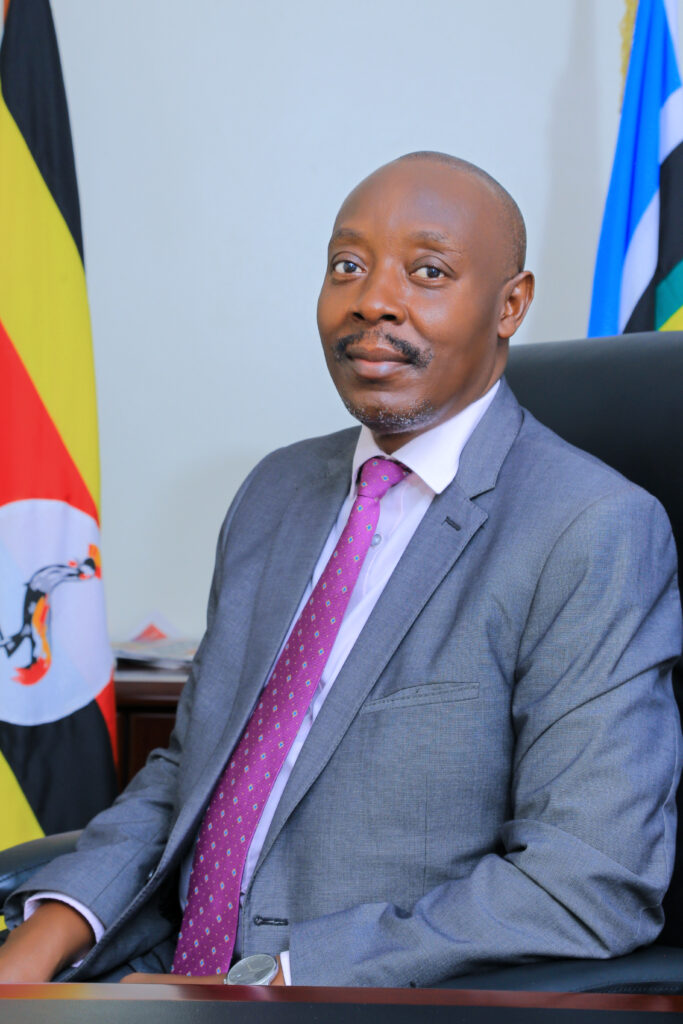
Jackson Karugaba Kafuuzi, (born 25 April 1977), is a Ugandan politician who serves as the incumbent Member of Parliament representing the Kyaka South County Constituency, Kyegegwa District, in the 10th Ugandan Parliament (2016 to 2021).
Effective 14 December 2019, he concurrently serves as the Deputy Attorney General of Uganda, in the Ugandan Cabinet.
He was born in Kyegegwa District, in the Toro sub-region, in the Western Region of Uganda, on 25 April 1977. He attended St. Joseph’s Primary School, Nabbingo. He studied at St. Maria Goretti Secondary School, for his O-Level studies, graduating with a Uganda Certificate of Education, in 1995. In 1998, he completed his A-Level education, graduating with a Uganda Advanced Certificate of Education.
He was admitted to Makerere University, Uganda’s oldest and largest public university, graduating in 2002 with a Bachelor of Laws degree. The following year, he obtained a Diploma in Legal Practice, from the Law Development Centre, in Kampala, Uganda’s capital city, and was admitted to the Uganda Bar.
Career before politics
For a period of 13 years, from 2003 until 2016, Jackson Kafuuzi was an attorney at Rwakafuuzi & Company Advocates, a Kampala-based legal firm.
Political career
He entered Uganda’s elective politics by contesting for the Kyaka South County Constituency parliamentary seat in 2011 on FDC ticket but lost to an NRM candidate who had quite teaching at makerere university. He later chose to run on an NRM ticket in 2016 after realizing the hefty mistakes made by his predecessor abandoning the latter. He was elected, and is the current substantive member of parliament for that constituency. He is a member of the ruling National Resistance Movement political party.
On 14 December 2019, he was named in the cabinet of Uganda as the Deputy Attorney General of Uganda; a position he was appointed to by the Head of State of Uganda Yoweri Kaguta Museveni. After parliamentary approval, his swearing-in took place as scheduled, on Tuesday, 11 February 2020.
He entered Uganda’s elective politics by contesting for the Kyaka South County Constituency parliamentary seat in 2011 on FDC ticket but lost to an NRM candidate who had quite teaching at makerere university. He later chose to run on an NRM ticket in 2016 after realizing the hefty mistakes made by his predecessor abandoning the latter. He was elected, and is the current substantive member of parliament for that constituency. He is a member of the ruling National Resistance Movement political party.
On 14 December 2019, he was named in the cabinet of Uganda as the Deputy Attorney General of Uganda; a position he was appointed to by the Head of State of Uganda Yoweri Kaguta Museveni. After parliamentary approval, his swearing-in took place as scheduled, on Tuesday, 11 February 2020.
Mr Francis Atoke, is a civil servant and the current Solicitor General of the Ministry of Justice and Constitutional Affairs. He was appointed to that position in December, 2012.
Born on 9th October 1961, he joined the Ministry of Justice as a State Attorney, in January 1987 and rose through the ranks to become a Senior State Attorney in 1991, Principal State Attorney in 1995, Senior Principal State Attorney in 2004. He was appointed a Deputy Administrator General in 1997, an office he occupied until 2009, when he was elevated to the office of Administrator General, in May 2009. He served in that office for three years and was then appointed by the President to become the Solicitor General of the Republic of Uganda, in December 2012. He has served in that office up to date.
Mr Francis Atoke, attended Lira Town College for his East African Certificate of Education, Caltec Academy for his Uganda Advanced certificate of Education, Makerere University where he graduated with a Bachelors of Laws (Hons) (LLB). He then went and enrolled at the Law Development Centre, for a Post Graduate Diploma in Legal Practice. He was thereafter, on 6th December 1990, admitted to practice and entered on the roll of advocates of the High Court of Uganda.
His other trainings attended include, Master of Laws (International Law) with commendation, specialising in Human rights, War and Terrorism, from the university of Aberdeen. He also attended trainings in Certificate of Leadership, Managing Teams to achieve change, Setym International Montreal Quebec Canada. A Certificate in Arbitration and Mediation seminar, International Law Institute, Washington DC, USA. And many more other such trainings from different institutions in Uganda and abroad.
ABOUT US
The Uganda Law Council is established by Section 2 of the Advocates Act Charpter 267(as amended by Act 27 of 2002) as the overall Regulatory body of the Legal Profession in Uganda. The Uganda Law Council consists of ;— (a) A Judge, appointed by the Attorney General after consultation with the Chief Justice, who is the chairperson of the Council, (b) The Solicitor General or his or her representative, (c) The President of the Uganda Law Society; (d) The Director of the Law Development Centre
To act as the overall Regulatory Authority for the entire legal profession and Legal Aid Service Providers in Uganda”.
Inspect Law Chambers
The department does the following;
- Inspect all Law Chambers by or before 31st March of each year;
- Issue a Certificate of Approval of Chambers (CAC) for chambers that conform to the required standards prescribed by the Advocates (Inspection of Chambers) Regulations, 2005 within fourteen (14) days after inspection;
- Publish in the print media a list of both approved and non-approved law chambers by 31st August of each year; and
- Receive, process and respond to requests for information relating to law chambers within fourteen (14) days from the date of receipt of the request.
Inspection of Universities Offering Law Degree Programmes.
The department does the following;
- Receive applications for accreditation of universities or institutions seeking to offer courses leading to the accord of law degrees and forward them to the Committee on Legal Education and Training for consideration within 5 days of receipt;
- Inspect the applicant universities or institutions within 90 days from the date of approval by the Committee;
- Undertake annual inspection of accredited universities by September of each year; and
- Inform the universities or institutions inspected of the decision of the Law Council within 14 days.
Consideration of Foreign Legal Qualifications.
The department does the following;
- Receive applications for recognition of foreign legal qualifications and forward them to the Committee on Legal Education and training within a period of 5 days; and
Inform the applicant of the decision of the Committee within fourteen (14) days from the date of the decision
Continuing Legal Education.
The department does the following;
- Receive reports on continuing legal education from the service providers and present them for consideration to the Committee on Legal Education and Training within 7 days from the date of receipt;
- receive applications for accreditation of training programs and submit to the
- Committee on Legal Education and Training within seven (7) days from the date of receipt; and
- Inform the applicant of the Committee’s decision within fourteen (14) days from the date of the decision.
Eligibility for Enrolment
The department does the following;
- Receive, process and respond to requests for any information relating to eligibility for enrolment within 5 days;
- Verify applications for eligibility for enrolment and issue a Notice to gazette with the Uganda Gazette within fourteen (14) days;
- Process the applications for certificates of eligibility to enroll as an advocate and submit to the Law Council for consideration within thirty (30) days from the date of receipt of the Notice of the Gazette;
- Display on the Notice Board a list of both successful and unsuccessful applicants within 5 days from the date of the decision;
- Process and forward a schedule (list) of successful applicants to the Chief Registrar, Judiciary, within 14 days from the date of approval.
Disciplinary Matters
- Receive complaints and open files for the complainants upon assessment and proof of payment within 1 day;
- Process the complaint and notify the respective advocate or respondent within 5 days of the filing of the complaint;
- Give the advocate or respondent 21 days within which to respond to the complaint and file a response upon payment of the requisite fees;
- Fix the matter for hearing by the Disciplinary Committee within fourteen (14) days from the date of expiry of the response period;
- The Disciplinary Committee shall give its ruling within six (6) months from the last hearing; and
Extract a decree within 14 days after the ruling
Legal Aid
The department is charged with the following;
- Receive, process and respond to requests for any information relating to legal aid within 5 days;
- Receive applications for registration of Legal Aid Service Providers and forward them to the Sub-Committee on Legal Aid within 7 days;
- Inspect all Legal Aid Service Providers by or before 31st March of each year;
- Issue Certificates of Approval to approved premises of Legal Aid Service Providers within fourteen (14) days after inspection;
- Prepare an annual comprehensive report on the inspection of Legal Aid Service Providers by the second week of December of each year; and
- Publish in the print media, a list of both approved and non – approved Legal Aid Service Providers by May of each year.
Pro bono Services
The department does the following;
- Receive, process and respond to requests for information relating to Pro Bono services within 5 days;
- Require every advocate to provide 40 hours of pro bono / free legal services to an indigent person by December of each year;
- Prepare a report on advocates compliance with pro bono services requirement by the third week of January of each year; and
- Inform advocates who have failed to comply with the requirements of pro bono services by the second (2) week of December of every year.
Ministry of Justice and Constitutional Affairs,
P.O.Box 7183, Kampala.
E-mail: info@justice.go.ug
Website: www.justice.go.ug
ORGANISATION STRUCTURE
| Name | Region | Address |
|---|---|---|
| Hon. Justice Remmy Kasule | Chairperson, Law Council | Committee on Legal Education and Training |
| Hon. Justice Geoffrey Kiryabwire | Member, Law Council | Law Council / Committee on Legal Education and Training |
| Prof. E.F. Ssempebwa | Member, Law Council | Law Council /Disciplinary Committee |
| Mr. Bruce Kyerere | Member, Law Council | Law Council / Disciplinary Committee |
| Dr. Christopher Mbazira | Member, Law Council | Law Council / Pro bono Board of Trustees |
| Dr. Daniel R. Ruhweza | Member, Law Council | Committee on Legal Education and Training |
| Dr. Ronald Naluwairo | Member, Law Council | Committee on Legal Education and Training |
| Mrs. Rose Izizinga | Member, Law Council | Law Council / Sub Committee on Legal Aid |
| Mr. Frank Nigel Othembi | Member, Law Council | Law Council / Disciplinary Committee |
| Mr. Francis Gimara | Member, Law Council | Law Council/ Committee on Legal Education and Training |
| Ms. Miriam Namutebi | Member, Law Council | Law Council / Disciplinary Committee |
| Mr. H.A. Mutazindwa | Member, Law Council | Committee on Legal Education and Training |
| Ms. Neha Pandya | Member, Law Council | Committee on Legal Education and Training |
ABOUT US
The Directorate was established in 1996 following the promulgation of the 1995 Constitution which unlike the 1962 and 1967 Constitutions, specified the roles of the Attorney General.
The Directorate specifically owes its existence to clauses of (4)(a) and (5) of article 119 of the Constitution which provides that:
- The Attorney General shall draw and peruse agreements, contracts, treaties, Conventions and documents by whatever name called, to which the Government is a party or in respect of which the Government has an interest; and
-
No agreement, treaty, Convention or document by whatever name called, to which the Government is a party or in respect of which the Government has an interest , shall be concluded without legal advice from the Attorney General.
- The Directorate of Legal Advisory Services (DLAS) is one of the four directorates that constitute the Attorney General’s Chambers/Ministry of Justice and Constitutional Affairs.
- The Directorate was established in 1996 following the promulgation of the 1995 Constitution which, unlike the 1962 and 1967 Constitutions, specified the roles of the Attorney General. The directorate specifically owes its existence to clauses of (4)(a) and (5) of article 119 of the Constitution which provides that:
- the Attorney General shall draw and peruse agreements, contracts, treaties, conventions and documents by whatever name called, to which the Government is a party or in respect of which the Government has an interest; and
- no agreement, treaty, convention or document by whatever name called, to which the Government is a party or in respect of which the Government has an interest, shall be concluded without legal advice from the Attorney General.
- Directorate of Legal Advisory Services is charged with the mandate; “to provide professional legal advisory support services to the Minister, Attorney General and Solicitor General in execution of the constitutional mandate to give advice to Government, Local Governments and MDAs”.
- Receive requests for legal advice and advise Government, its Allied Institutions and Local Governments on the Constitution and other laws within 2 to 14 days of receipt of request;
- Negotiate, draft and peruse contracts and clear agreements treaties, protocols and MoU’s to which Government is a party;
- Draft and/or clear contracts and agreements involving Government within 14 days of receipt of instructions;
- Approve agreements by and for Government, within 2 to 14 days of receipt of request, in accordance with the PPDA Act 2003, its Regulations and guidelines;
- Attend Government sectoral meetings, MDA’s contracts committees, workshops, conferences and give legal advice on spot;
- To peruse and advise on the legal framework of Government policies and draft Cabinet Memos. Prepare Cabinet Memoranda, within 2 to 14 days of receipt of instructions;
- Prepare legal opinions for Attorney General’s signature on the legality of credit and other agreements within two to 2 to 14 days of receipt of instructions;
- Organize proceedings for the Committee of Prerogative of Mercy. Meetings are held quarterly.
- Enhance observance of human rights-based approach in government policies and MDAs. Stakeholder MDAs submit performance Reports and Human Rights Periodic Reports are prepared and submitted to the treaty bodies and National Action Plan on Human Rights.
- On receipt of a death report, open a file within one day, upon payment of shs. 2000 for a file and a form;
- Resolve family wrangles and disputes expeditiously;
- Administer estates of deceased persons, missing persons and persons of unsound mind in accordance with the succession laws;
- Represent the Administrator General in courts of law, tribunals and other agencies;
- Issue Certificates of No Objection to intending administrators (Identified from among the beneficiaries at family meetings held at the office of the Administrator General or his or her agents) within nineteen days of application.
- Institute legal poceedings against intermeddlers and fraudulent administrators of deceased persons’ estates;
- Manage estates of deceased persons, missing persons, properties of minors and people of unsound mind in in accordance with the Public Trustees Act Cap. 161;
- Effect payments to beneficiaries within one week of receipt of the request; and
- Issue land transfers to the appropriate beneficiaries within five days, upon payment of a fee of 1.5% of the value of the property.
- On receipt of a death report, open a file within one day, upon payment of shs. 2000 for a file and a form;
- Resolve family wrangles and disputes expeditiously;
- Administer estates of deceased persons, missing persons and persons of unsound mind in accordance with the succession laws;
- Represent the Administrator General in courts of law, tribunals and other agencies;
- Issue Certificates of No Objection to intending administrators (Identified from among the beneficiaries at family meetings held at the office of the Administrator General or his or her agents) within nineteen days of application.
- Institute legal proceedings against intermeddlers and fraudulent administrators of deceased persons’ estates;
- Manage estates of deceased persons, missing persons, properties of minors and people of unsound mind in in accordance with the Public Trustees Act Cap. 161;
- Effect payments to beneficiaries within one week of receipt of the request; and
- Issue land transfers to the appropriate beneficiaries within five days, upon payment of a fee of 1.5% of the value of the property.
ABOUT US
The directorate of Civil Litigation is charged with under the Attorney Generals chambers to assist the law officer to fulfil their mandate of “legal representation of government, its agencies and allied bodies in national, regional and international courts of law and tribunals and commissions”.
The Directorate of Civil Litigation is charged with “legal representation of Government, its agencies and allied bodies in national, regional and international Courts of Law and Tribunals and Commissions”.
- upon receipt, act upon notices of intention to sue Government and its allied institutions and local governments, within forty-five days;
- Represent the Government in civil proceedings instituted by or against the Government, its allied institutions and local governments within the time stipulated by law;
- File responses to constitutional petitions and applications instituted against the Government and its allied institutions within 7 to 14 days respectively;
- Represent the Government and its allied institutions in all complaints instituted against it in compliance with the Human Rights Tribunal calendar;
- Represent Government in all mediation and arbitration proceedings;
- Initiate process approvals for payment of court awards and compensation claims brought against Government;
- Negotiate out of court settlements on behalf of Government;
- Advise Government, its allied institutions and local governments on civil litigation matters within 21 days;
- Timely prepare and facilitate witnesses to attend courts of law and Tribunals and Commissions;
- Prepare timely, pleadings and submissions in all proceedings against Government and other allied institutions; and
- Conduct periodic workshops and seminars to engage and sensitize the MDAs and other stakeholders on legal processes and developments.
A notice of intention to sue government and/ its allied institutions and local governments is received by the directorate it’s the acted upon, within forty-five days. DCL then allocates such file to a staff within the department who then is tasked with any of the following responsibilities:
- File responses to constitutional petitions and applications instituted against the government and its allied institutions within 7 to 14 days respectively;
- Represent the government and its allied institutions in all complaints instituted against it in compliance with the human rights tribunal calendar;
- Represent government in all mediation and arbitration proceedings;
- Initiate process approvals for payment of court awards and compensation claims brought against government;
- Negotiate out of court settlements on behalf of government;
- Advise government, its allied institutions and local governments on civil litigation matters within 21 days;
- Timely prepare and facilitate witnesses to attend courts of law and tribunals and commissions;
- Prepare timely, pleadings and submissions in all proceedings against government and other allied institutions.
Ministry of Justice and Constitutional Affairs,
P.O. BOX 7183 KAMPALA
Tel: +256-41 230537/8/9
Fax: +256-41-254829, 230802
E-mail: info@justice.go.ug
Website: www.justice.go.ug
ABOUT US
The directorate of First Parliamentary Counsel was established as an executive office under the Ministry of Justice and Constitutional Affairs responsible for drafting all legislation for the government.
The Directorate of First Parliamentary Counsel is charged with the mandate; “to draft all Government legislation; i.e. Bills for debate and passing into legislation by Parliament, Statutory Instruments; including Rules, Regulations and Bye-laws and to advise on the legislative process and other legal issues. The Directorate also verifies Ordinances passed by District Councils and Bye-laws passed by Municipal Councils”.
The Directorate of First Parliamentary Counsel is charged with the mandate; “to draft all Government legislation; i.e. Bills for debate and passing into legislation by Parliament, Statutory Instruments; including Rules, Regulations and Bye-laws and to advise on the legislative process and other legal issues. The Directorate also verifies Ordinances passed by District Councils and Bye-laws passed by Municipal Councils”.
- Draft Bills, in accordance with the principles approved by Cabinet in consultation with the instructing Ministry, Department or Agency (MDA) within 30 days of receipt of the request;
- Prepare Cabinet Memoranda in respect of Bills of the Ministry of Justice and Constitutional Affairs, within 7 days;
- Provide technical assistance in the drafting of private member’s Bills, on request, within 30 days;
- Draft Statutory Instruments, Legal Notices and Parliamentary Resolutions within 14 days of receipt of instructions from MDAs;
- Vet Ordinances and bye-Laws for districts and municipal councils and re-draft them as necessary within 14 days of receipt of the draft.
- Authorize publication of Acts of Parliament, Bills, Statutory Instruments and other legislative instruments within 2 days of receipt of approval.
- Advise on the interpretation of existing and proposed laws within 2 weeks of receipt of the request; and
- Advise on law reform within 14 days of receipt of the request.
PROCEDURE FOR DRAFTING GOVERNMENT LEGISLATION.
Before instructions are given to FPC the instructing Ministry should;
- Seek Cabinet approval authorizing drafting of a bill or Statutory Instrument.
- For Statutory Instruments that do not require cabinet approval, the MDA requests through its Minister, the authority of the Attorney General or Solicitor General for legislation to be drafted. Such an approval is only given in special circumstances.
- After Cabinet approval, send instructions to counsel with copies of the Minister’s Cabinet Memorandum and Cabinet minute to FPC and attach all relevant papers to enable the draftsperson to get clear explanation.
FPC will then allocate the proposed legislation to a person in the department who shall be responsible for the legislation until its enacted.
Ministry of Justice and Constitutional Affairs,
P.O. BOX 7183 KAMPALA
Tel: +256-41 230537/8/9
Fax: +256-41-254829, 230802
E-mail: info@justice.go.ug
Website: www.justice.go.ug
ABOUT US
The Administrator General’s office is a government Directorate under the Ministry of Justice and Constitutional Affairs that deals with Inheritance and Succession matters. It is established by the Administrator General’s Act Cap 157and under Statutory Instrument S.I -161.The it also doubles as office of the Public Trustee.
The Office of Administrator General is a corporation sole with perpetual succession and an official seal, capable of suing and being sued in all legal proceedings. However, the government represented by the Attorney General is still vicariously liable for all the Administrator General’s acts and/or omissions like any other Government.
The operation of the Directorate is governed by the following laws; The Constitution of Uganda 1995, The Administrator General’s Act Cap157, The Succession Act Cap162, Public Trustee Act Cap161, Administration of estates (Small Estates) Special Provisions Act (Cap156) as amended, Trustee Act (cap164), (Local Administration (Performance Of Functions) Statutory Instrument No.150 of 1967,[1] The Estates of Missing Persons (Management) Act Cap 159, and Administration of Estates of Persons of Unsound Mind Act Cap 155.
The Directorate is headed by the Administrator General who also doubles as a Public Trustee, The Administrator General is assisted by the Deputy Administrator General and other legal officers referred to as Assistant Administrator General.
In fulfillment of its tasks the Directorate is assisted by agents appointed by the Minister and others appointed by the Administrator General. Currently our agents include the Chief Administrative Officers (CAO) of designated districts and the Gombolola (Sub County) chiefs. In Kampala, we use the Division mayors.
The services of Directorate can also be assessed at our regional offices namely; Mbarara, Arua, Mbale, Gulu Moroto and now Fort portal office and soon at Soroti City regional office.
[1] The Power vested in the Lukiiko by Section 2 of the Land Succession Law to issue Certificates of Succession in respect of estates administered according to customs of succession in the Kingdom of Buganda prior to 18th August, 1967, shall be exercised by the Administrator General.
The mandate of the Directorate is to ensure that all estates of deceased persons, those of unsound mind and minors in Uganda are properly administered in accordance with the laws of Uganda governing Succession. In executing this mandate the Directorate carries out these duties;
The Directorate administers estates of deceased persons who die intestate (without leaving valid wills) or those where the deceased dies testate (leaves a Will) and appoints the Administrator General as executor or where the executors fail or decline to act and the circumstances warrant the Administrator General to do so or where he dies testate and appoints no executor at all.
b) Issuance of certificates of no objection;
The Directorate vets intending Administrators of estates and issues them with a clearance called a Certificate of No Objection allowing them to proceed to court and get letters of Administration.
c) Public Trustee Role
The Directorate is mandated to administer estates of persons of unsound mind and preservation and protection of estates of minors. In Uganda, the Public Trustee is established by an Act of Parliament that is Chapter 161 of the laws of Uganda. It is a corporation sole with capacity to sue and be sued.
Section 2 of the Public Trustee Act, appoints the Administrator General as the Public Trustee. The Administrator General acts as trustee for estates where there are minors and persons of unsound mind.
As a Public Trustee of deceased person’s estates, the Directorate has a responsibility to set trusts and investments for minors and persons of unsound mind.
The Administrator General also has to ensure that the welfare of minors and persons of unsound mind and their rights are well protected. In fulfillment of this mandate, usually applications for issuance of certificates of no objection in cases where there are minors and persons of unsound mind are vetted strictly to ensure they are granted to responsible persons.
d) Managing estates of missing persons
Under The Estates of Missing Persons (Management) Act Cap 159, a missing person is a person who disappears from Uganda without making provision for the administration of his or her estate and investigations have shown that his or her whereabouts are not known. According to s.20 of Cap 159 after a period of three years such a person is presumed dead). The Administrator General may under this Act be appointed as manager of his/her estate.
e) Management of succession registers:
Following the abolition of the Buganda Kingdom in 1966, the Administrator General was given power to control the succession registers formally operated by the Kabaka’s government.[1] These relate to persons who died in the early 1940s-1966 and had as a matter of requirement to register with the Kabaka’s government, their properties, and dependant relatives and how they wanted the same shared amongst their survivors upon their demise. The Directorate of Administrator General facilitates beneficiaries to access this land and the properties registered in this succession Register books after proper verification.
f) Collection of Non Tax Revenue;
The Directorate charges fees on estates. Such fees include shs. 2000 for Certificate of no objection, shs. 2000 for the file and Death Report Forms and the Administrator General’s 1% fee of the value of land upon distribution, among others. These fees are collected as non-tax revenue and deposited in the consolidated fund.
In carrying out the above duties the following activities are undertaken inter alia;
a) Instituting Legal proceedings in courts of law against intermeddlers, fraudulent administrators of deceased’s estates, unscrupulous relatives and others for the recovery of deceased’s properties from wrong hands.
The Directorate institutes suits against defaulting tenants, suits for recovery of the deceased’s debts, ownership of properties and most importantly suits against intermeddlers and fraudulent Administrators of deceased’s estates.
Section 11 of the Administrator General’s Act provides for the offence of intermeddling and how it arises.
S.11 (1)…….. When a person dies, whether within or without Uganda, leaving Property within Uganda, any person who, without being duly authorized by law or without the authority of the Administrator General or an agent, takes possession of, causes to be moved or otherwise intermeddles with any such property, except in so far as may be urgently necessary for the preservation of the property, or unlawfully refuses or neglects to deliver any such property to the Administrator General or his or her agent when called upon so to do, commits an offence;
And any person taking any action in regard to any such property for the preservation of the property shall forthwith report particulars of the property and of the steps taken to the agent, and if that person fails so to report he or she commits an offence.
b) Distributing properties of deceased persons (including money) to the beneficiaries of their estates and thereafter winding up of estates. c) Managing the interests/shares/properties of minors and persons of unsound mind which come under the control of the Public Trustee. d) Handling arbitrations, reconciliation, counseling and legal education:
There is a lot of ignorance of the law of Succession and institutions governing inheritance on the part of the general public. People think they have the right to intervene and manage the property of their deceased’s kin without any authorization from anyone.
The relatives believe that they are the right people to take over the estate because the children and the widow, like property are supposed to be distributed and looked after by the relatives.
There is also an old customary belief that once you were named heir you take over all the property of the deceased and it’s upon your discretion to distribute this property.
In all the above circumstances, it has been the role of the Directorate to educate counsel parties and resolve wrangles. Almost 70% of the Administrator General’s work involves some form of civic education, counseling, and mediation, among others. Family resolutions are fostered to prevent wrangles to property/land that would culminate into family disintegration. It is also a policy of the Directorate that all persons are equal before the law and as such rights of disadvantaged groups like widows and orphans are protected with zeal.
e) Winding up of estates.
Where the Administrator General is granted Letters of Administration, the administration of the estate should be concluded within a year from the date of the grant. After one year, except for exceptional circumstances where there are pending wrangles, we distribute properties amongst beneficiaries, execute transfers and file Final Accounts together with an affidavit in verification. We give 14 clear days’ notice to all interested persons to attend court for approval of the accounts. If the accounts are examined and passed, the estate is said to have been wound up in accordance with S.33 (2) of the Administration Cap 157 and the office is discharge of its duty as administrator of the estate.
The Administrator General can also be discharged by renouncing Letters of Administration in favor of a person agreed upon by the beneficiaries of the estate.(S. 195 Succession Act cap 162). He will be required to file an account on the status of the estate at the time and to grant a certificate of No. objection to the agreed upon person(s).
[1] Local Administration (Performance of Functions) Instrument, Statutory Instrument No.150 of 1967.
- On receipt of a death report, open a file within one day, upon payment of shs. 2000 for a file and a form;
- Resolve family wrangles and disputes expeditiously;
- Administer estates of deceased persons, missing persons and persons of unsound mind in accordance with the succession laws;
- Represent the Administrator General in courts of law, tribunals and other agencies;
- Issue Certificates of No Objection to intending administrators (Identified from among the beneficiaries at family meetings held at the office of the Administrator General or his or her agents) within nineteen days of application.
- Institute legal proceedings against intermeddlers and fraudulent administrators of deceased persons’ estates;
- Manage estates of deceased persons, missing persons, properties of minors and people of unsound mind in in accordance with the Public Trustees Act Cap. 161;
- Effect payments to beneficiaries within one week of receipt of the request; and
- Issue land transfers to the appropriate beneficiaries within five days, upon payment of a fee of 1.5% of the value of the property.
- On receipt of a death report, open a file within one day, upon payment of shs. 2000 for a file and a form;
- Resolve family wrangles and disputes expeditiously;
- Administer estates of deceased persons, missing persons and persons of unsound mind in accordance with the succession laws;
- Represent the Administrator General in courts of law, tribunals and other agencies;
- Issue Certificates of No Objection to intending administrators (Identified from among the beneficiaries at family meetings held at the office of the Administrator General or his or her agents) within nineteen days of application.
- Institute legal proceedings against intermeddlers and fraudulent administrators of deceased persons’ estates;
- Manage estates of deceased persons, missing persons, properties of minors and people of unsound mind in in accordance with the Public Trustees Act Cap. 161;
- Effect payments to beneficiaries within one week of receipt of the request; and
- Issue land transfers to the appropriate beneficiaries within five days, upon payment of a fee of 1.5% of the value of the property.
OUR LEADERSHIP
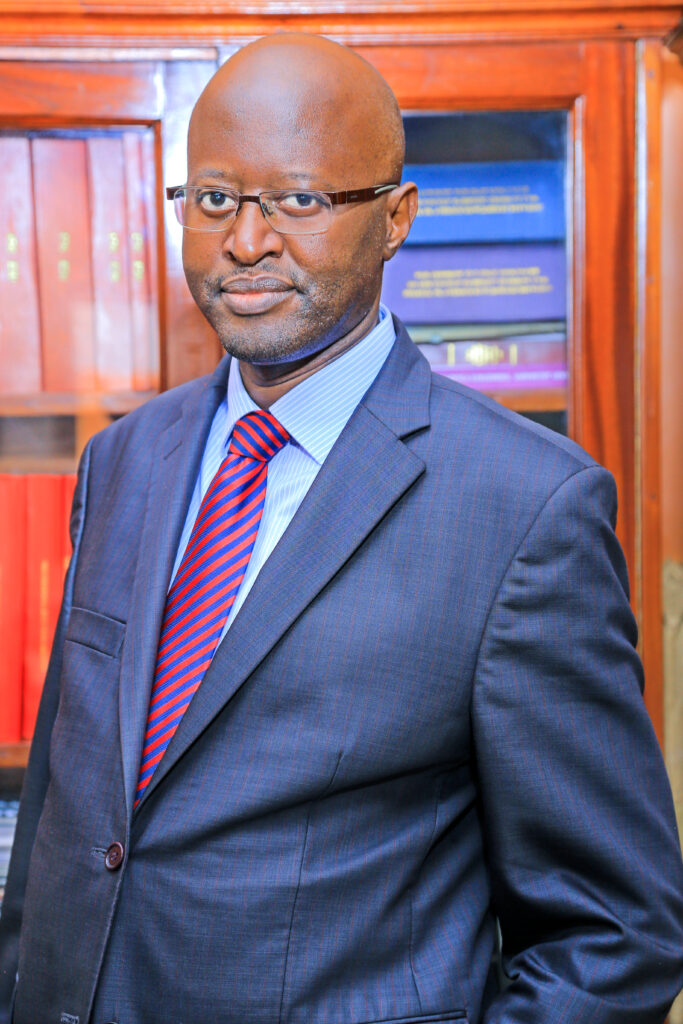
Mr. Kasibayo Charles
The Administrator General of Uganda
Obtaining Letters of Administration
How to obtain Letters of administration; (where a person died without leaving a will)
Who can petition for Letters of Administration?
Where should a petition for Letters of Administration be filed?
How to obtain a Grant of probate (Where a person died and left a will)
Who needs to apply for a grant of letters of administration?
Questions & answers
ABOUT US
The Mandate of the Department of Finance and Administration is; “provide support services to the Political Leadership and the Directorates and Departments of the Ministry for efficient and effective service delivery”. The support services rendered include; financial management, human resource management, information and records management and facilities and logistical support. The Department provides leadership, planning, organization, coordination, implementation, supervision, monitoring and evaluation support or services.
The department shall provide optimal delivery of support services and logistics to facilitate the work of the entire Ministry and ensure value for money.
The Mandate of the Department of Finance and Administration is; “provide support services to the Political Leadership and the Directorates and Departments of the Ministry for efficient and effective service delivery”. The support services rendered include; financial management, human resource management, information and records management and facilities and logistical support. The Department provides leadership, planning, organization, coordination, implementation, supervision, monitoring and evaluation support or services.
The department shall provide optimal delivery of support services and logistics to facilitate the work of the entire Ministry and ensure value for money.
Ministry of Justice and Constitutional Affairs,
P.O. BOX 7183 KAMPALA
Tel: +256-41 230537/8/9
Fax: +256-41-254829, 230802
E-mail: info@justice.go.ug
Website: www.justice.go.ug
MINISTRY DEPARTMENTS AND THEIR ROLES.
THE DEPARTMENT OF LAW COUNCIL
The mandate of the department is;
- To act as the overall Regulatory Authority for the entire legal profession and Legal Aid Service Providers in Uganda”.
- To Inspect Law Chambers and issue a Certificates of Approval of Chambers (CAC) for chambers.
- To Receive applications for accreditation of universities or institutions seeking to offer courses leading to the accord of law degrees in Uganda.
- To Receive applications for recognition of foreign legal qualifications in the country.
- To Receive reports on continuing legal education from the service providers.
- To Undertake disciplinary proceedings against errant lawyers.
- To Regulate legal aid services in the country.
- To Regulate pro bono services in the country.
DIRECTORATE OF THE ADMINISTRATOR GENERAL AND PUBLIC TRUSTEE
The mission / mandate of the Directorate is;
- “To ensure that estates of deceased persons, missing persons and persons of unsound mind, are administered in accordance with the Succession Laws in Uganda.”
- Resolve family wrangles and disputes expeditiously;
- Administer estates of deceased persons, missing persons and persons of unsound mind in accordance with the succession laws;
- Represent the Administrator General in courts of law, tribunals and other agencies;
- Issue Certificates of No Objection to intending administrators.
- Institute legal proceedings against intermeddlers and fraudulent administrators of deceased persons’ estates;
- Manage estates of deceased persons, missing persons, properties of minors and people of unsound mind in in accordance with the Public Trustees Act
- Issue land transfers to the appropriate beneficiaries.
DIRECTORATE OF LEGAL ADVISORY SERVICES (DLAS)
The mandate of the directorate is;
- to provide professional legal advisory support services to the Minister, Attorney General and Solicitor General in execution of the constitutional mandate to give advice to Government, Local Governments and MDAs.
- Receive requests for legal advice and advise Government, its Allied Institutions and Local Governments on the Constitution and other laws.
- Negotiate, draft and peruse contracts and clear agreements treaties, protocols and MoU’s to which Government is a party;
- To peruse and advise on the legal framework of Government policies and draft Cabinet Memos and to prepare Cabinet Memoranda.
- Prepare legal opinions for Attorney General on the legality of credit and other agreements.
- Organize proceedings for the Committee of Prerogative of Mercy.
- Enhance observance of human rights-based approach in government policies and MDAs.
DIRECTORATE OF THE FIRST PARLIAMENTARY COUNSEL
The Mandate of The Directorate of First Parliamentary Counsel is;
- To Draft Bills, in accordance with the principles approved by Cabinet.
- Prepare Cabinet Memoranda in respect of Bills of the Ministry of Justice and Constitutional Affairs;
- Provide technical assistance in the drafting of private member’s Bills, on request.
- Draft Statutory Instruments, Legal Notices and Parliamentary Resolutions.
- Vet Ordinances and bye-Laws for districts and municipal councils and re-draft them as necessary.
- Authorize publication of Acts of Parliament, Bills, Statutory Instruments and other legislative instruments.
- Advise on the interpretation of existing and proposed laws, and also Advise on law reforms.
DIRECTORATE OF CIVIL LITIGATION (DCL)
The Mandate of The Directorate of Civil Litigation is;
- To act upon notices of intention to sue Government and its allied institutions and local governments.
- Represent the Government in civil proceedings instituted by or against the Government, its allied institutions and local governments.
- Represent the Government and its allied institutions in all complaints instituted against it the Human Rights Tribunal.
- Represent Government in all mediation and arbitration proceedings;
- Initiate process approvals for payment of court awards and compensation claims brought against Government;
- Negotiate out of court settlements on behalf of Government;
- Advise Government, its allied institutions and local governments on civil litigation matters.
- Timely prepare and facilitate witnesses to attend courts of law and Tribunals and Commissions;
- Conduct periodic workshops and seminars to engage and sensitize the MDAs and other stakeholders on legal processes and developments.
DEPARTMENT OF FINANCE AND ADMINISTRATION
The Mandate of the Department of Finance and Administration is; provide support services to the Political Leadership and the Directorates and Departments of the Ministry for efficient and effective service delivery. The support services rendered include; financial management, human resource management, information and records management and facilities and logistical support.
The Department provides leadership, planning, organization, coordination, implementation, supervision, communications and media relations, monitoring and evaluation support or services.
Standard Horizontal Tabs
Framed Horizontal Tabs
Standard Vertical Tabs
Framed Vertical Tabs
Standard Accordion
Framed Accordion
BID NOTICE: Construction of the JLOS House and Police HQ
The JLOS House Project is a three-in-one Justice, Law and Order Sector (JLOS) infrastructure development project aimed at strengthening good governance principles by enhancing the ability of JLOS institutions to coordinate and offer better services. The project is expected to contribute to enhanced transparency, accountability and ethics in a purpose built office park and civic centre.
The JLOS House complex is intended to improve the productivity of the public service; facilitate the growth of the private sector through the provision of timely public services; reduce the costs of public administration through integration of services and sharing of common services such as ICT conference facilities and asset/ facilities management. Further, the one-stop centre will introduce modern concepts of office management and incorporate environmental concepts of green and intelligent technology in the design and construction of public buildings. The one-stop centre will free resources in rent and efficiency savings to build a functional justice system in Uganda.
PROJECT SCOPE
The project involves the design, procurement, construction, commissioning and maintenance of 74,000 sq. metres of rentable office space comprising of:–
The JLOS Towers and High Court which shall be located on plot 98-102 Katalima Road in Naguru on 5 acres of land owned by the Justice Law and Order Sector (JLOS) through the Uganda Land Commission. JLOS Towers and High Court will accommodate the headquarters of JLOS institutions including the Ministry of Justice and Constitutional Affairs, Ministry of Internal Affairs, Uganda Human Rights Commission, Uganda Prison Services, URSB, TAT, ULRC, JSC, DPP, JLOS secretariat. The facility will also provide for the Criminal, Anti-Corruption, International Crimes, Civil, Family and Land Divisions of the High Court. The towers shall be green and intelligent buildings which shall serve as a one-stop service centre for JLOS Services.
The Police Headquarters to accommodate all the police directorates at plot 40-96 Katalima Road Naguru Kampala next to the JLOS house complex. The police headquarters shall be a green and intelligent building that will increase police productivity and improve quality of policing services. The Police Headquarters shall be constructed on 5.9 acres of land owned by Uganda Land Commission restricted to Uganda Police Force. The Project site is located in Kampala City 5.2 km East of the centre of Kampala City.
PROJECT BACKGROUND
The JLOS House project was conceived out of the need to provide a one-stop centre for JLOs institutions in recognition of the fact that the different JLOS institutions are scattered over dispersed locations in Kampala. Several of these locations are in parts of the City that are inaccessible, yet the mandates of the institutions are complementary and require close proximity for communication, cooperation and coordination. The institutions are also located in rented premises that are not designed for the provision of JLOS services and are inaccessible to the public.
It is expected that the JLOS House Project will support the efforts to integrate the services provided by the different institutions to create a conducive working environment. The project will also enhance accessibility to JLOS services by the general public, especially the poor and marginalised and enhance the inter-linkages between the services.
The huge cost of renting various premises for JLOS institutions further compounds the challenges that the Sector faces. The annual rental expense for JLOS institutional headquarters stands at USD 8.5 million. Despite this huge cost, there is still inadequate space for staff requirements and limited space for storage. There is also virtually no space to adequately handle clients. It is in light of these challenges that the Sector conceived and approved the JLOs House project in 2005.
The overall goal of the project is to promote the rule of law through enhanced independence and public trust in JLOS institutions in line with the national vision of transforming Uganda from a peasant to a middle income status by 2040.
The objective of the project is to provide office accommodation for the JLOS institutions as a one-stop service Centre in order to facilitate and improve service delivery and increase access to JLOS services. Specifically:
a) To provide office accommodation (JLOS Towers) and a purpose built High Court through green and intelligent buildings as a one-stop service centre to facilitate and improve service delivery and increase access to JLOS services.
b) To provide a green and intelligent building that will increase police productivity and improve quality of policing services (Police Headquarters).
c) To provide for a purpose-built Judiciary headquarters and Appellate Courts that will promote access to judicial services
The project is expected to enhance operational efficiency, promote coordination among JLOS agencies and reduce the high cost of rent and align JLOS infrastructure to business processes while deepening public access to JLOS services.
The Justice, Law and Order Sector through the Public Private Partnership modality has identified an investor to build and operate the JLOS House project structures. Currently negotiations are ongoing between JLOS and the preferred bidder over the project scope and financing aspects. It is expected that these negotiations will be concluded in 2016.
Overall, the JLOS House project has the potential to change the way Government conducts its business and relates with the public. The project stands out to introduce modern concepts of office management, open government, environmental conservation and rationalized use of time, space and other scarce resources, which if properly implemented shall reduce the cost of public administration in the Justice, Law and Order Sector.
BID NOTICE: Construction of the JLOS House and Police HQ
BID NOTICE: Construction of the JLOS House and Police HQ
The Ministry of Justice and Constitutional Affairs has allocated funds to be used for the Procurement of the Contractor for the Construction of the JLOS House and Police Headquarters. The Ministry invites sealed bids from eligible bidders for the provision of the above-mentioned works
ABOUT US
The Ministry of Justice and Constitutional Affairs is the overseer of Uganda to ensure as a country upholds the rule of law, good governance and due process for all citizens and residents.
This Ministry is to provide legal advice and legal services to Government, its allied institutions and to the general public and to support the machinery that provides the legal framework for good governance.
This Ministry has a long term mission to promote and facilitate efficient and effective machinery capable of providing laws for good governance and delivery of legal advice all bodies related to Government and the public.
The Ministry of Justice and Constitutional Affairs is empowered to:
To represent Government in civil suits for and against Government;
To carry out legal advisory services and that is to drafting, perusal and clearance of contracts, treaties, provision of legal opinion on Government borrowing;
To draft bills and statutory instruments;
To regulate the legal profession and legal education;
To administer estates of deceased, unsound and missing persons;
To collect Non-Tax Revenue;
HEADQUARTER
Plot 1, Parliament Avenue, Queens Chambers
P.O. BOX 7183, Kampala
Tel: +256-41 230537/8/9
Fax: +256-41-254829, 230802
REGIONAL OFFICES:
MBALE REGIONAL OFFICE
Plot 69, Republic Street
P.O. Box 84, Mbale.
Tel: 0454 33066 /Fax: 0454 33066
ARUA REGIONAL OFFICE
Plot 42-44, Packwach Road
P.O. BOX 826, Arua
Tel: 0476 420121 / Fax: 0476 420119
MBARARA REGIONAL OFFICE
Plot 1A, Kamukuzi
P.O. BOX 1318, Mbarara
Tel: 0485 20262 / Fax: 0485 20261
GULU REGIONAL OFFICE
Plot 1, Elizabeth Road
GuluMunicipality
P.O. Box 1482, Gulu
Tel: 0471 432143 /Fax: 0471 432143
OUR HISTORY
The ministry has been in existence since 1962, when Uganda gained her independence and became A REPUBLIC. THE FIRST MINISTER WAS Grace K ibingira. Below is a List of ministers (Independence in 1962-present)
- GRACE K. IBINGIRA (1962-1964) [1ST MINISTER OF JUSTICE]
- CUTHBERT JOSEPH OBWANGOR (1964-1966)
- PETER JAMES NKAMBO MUGERWA (1971-1973)
- GODFREY SERUNKUMA LULE(1973-1977)
- DANI WADADA NABUDERE (1979)
- EDWARD OGBAL (1979-1986)
- JOSEPH MULENGA(1986-1989)
- GEORGE KANYEIHAMBA (1989-1990)
- ABU MAYANJA(1990-1994)
- JOSEPH EKEMU(1994-1996)
- BART MAGUNDA KATUREEBE (1996-1998)
- JOSHUA S. MAYANJA-NKANGI(1998-2001)
- JANAT MUKWAYA(2001-2003) [1ST FEMALE]
- AMAMA MBABAZI(2004-2006)
- KIDDU MAKUBUYA(2005-2011)
- KAHINDA OTAFIIRE(2011–PRESENT)
The Ministry of Justice and Constitutional Affairs is empowered to:
To represent Government in civil suits for and against Government;
To carry out legal advisory services and that is to drafting, perusal and clearance of contracts, treaties, provision of legal opinion on Government borrowing;
To draft bills and statutory instruments;
To regulate the legal profession and legal education;
To administer estates of deceased, unsound and missing persons;
To collect Non-Tax Revenue;
KIRYOWA KIWANUKA: 2021 – TODATE
WILLIAM BYARUHANGA: 2016 – 2021
FRED RUHINDI: 2015 UNTIL 2016
PETER NYOMBI: 2011 UNTIL 2015
KIDDU MAKUBUYA: 2005 UNTIL 2011
AMAMA MBABAZI: 2004 TO 2006
FRANCIS AYUME: 2001 TO 2004
BART MAGUNDA KATUREEBE: 1996 TO 2001
JOSEPH KALIAS EKEMU: 1994 TO 1996
ABU MAYANJA: 1991 TO 1994
GEORGE WILLIAM KANYEIHAMBA: 1988 TO 1991
JOSEPH MULENGA: 1986 TO 1988
SAM KUTESA: 1985 TO 1986
STEPHEN AMODING ARIKO: 1979 TO 1985
GEORGE WILLIAM KANYEIHAMBA: 1979
MATHIA BAZITYA MATOVU: 1977 TO 1979
GODFREY LULE: 1974 TO 1977
PETER JAMES NKAMBO MUGERWA: 1971 TO 1974
LAMECK LUBOWA: 1967 TO 1971
GODFREY BINAISA: 1962 TO 1967
WILLIAM BYARUHANGA: 2016 – 2021
FRED RUHINDI: 2015 UNTIL 2016
PETER NYOMBI: 2011 UNTIL 2015
KIDDU MAKUBUYA: 2005 UNTIL 2011
AMAMA MBABAZI: 2004 TO 2006
FRANCIS AYUME: 2001 TO 2004
BART MAGUNDA KATUREEBE: 1996 TO 2001
JOSEPH KALIAS EKEMU: 1994 TO 1996
ABU MAYANJA: 1991 TO 1994
GEORGE WILLIAM KANYEIHAMBA: 1988 TO 1991
JOSEPH MULENGA: 1986 TO 1988
SAM KUTESA: 1985 TO 1986
STEPHEN AMODING ARIKO: 1979 TO 1985
GEORGE WILLIAM KANYEIHAMBA: 1979
MATHIA BAZITYA MATOVU: 1977 TO 1979
GODFREY LULE: 1974 TO 1977
PETER JAMES NKAMBO MUGERWA: 1971 TO 1974
LAMECK LUBOWA: 1967 TO 1971
GODFREY BINAISA: 1962 TO 1967
HEADQUARTER
Plot 1, Parliament Avenue, Queens Chambers
P.O. BOX 7183, Kampala
Tel: +256-41 230537/8/9
Fax: +256-41-254829, 230802
REGIONAL OFFICES:
MBALE REGIONAL OFFICE
Plot 69, Republic Street
P.O. Box 84, Mbale.
Tel: 0454 33066 /Fax: 0454 33066
ARUA REGIONAL OFFICE
Plot 42-44, Packwach Road
P.O. BOX 826, Arua
Tel: 0476 420121 / Fax: 0476 420119
MBARARA REGIONAL OFFICE
Plot 1A, Kamukuzi
P.O. BOX 1318, Mbarara
Tel: 0485 20262 / Fax: 0485 20261
GULU REGIONAL OFFICE
Plot 1, Elizabeth Road
GuluMunicipality
P.O. Box 1482, Gulu
Tel: 0471 432143 /Fax: 0471 432143




